Peace is UN’s raison d’être: Guterres
- Details
- Category: World Hot News
- Published: Wednesday, 07 February 2024 14:19
- Written by Gentry
 UN Photo/Eskinder Debebe UN Secretary-General António Guterres briefs the General Assembly on the work of the Organization and his priorities for 2024.
UN Photo/Eskinder Debebe UN Secretary-General António Guterres briefs the General Assembly on the work of the Organization and his priorities for 2024.
Around the globe, “peace is the missing piece” as conflicts rage, divisions grow and polarization deepens, the UN Secretary-General said on Wednesday.
Addressing the General Assembly with a list of priority areas for action, António Guterres underscored that the UN was founded on the pursuit of peace.
“Peace is our raison d’être. Yet, as I scan the landscape of today’s world, the one thing missing most dramatically is peace,” he said.
From the conflict in Gaza to the war on the environment and in combating toxic disinformation and hate speech to forging sustainable, inclusive practices, peace is the thread that weaves through the world’s common fabric, he emphasized.
“Peace is the way out of these interlinked crises; it is a rally cry…and a call to action,” he added, outlining a path forward to meet shared goals that, despite the turbulent times, offers reasons for hope.
Answering people’s calls, from Gaza to Ukraine
The UN Chief highlighted that civilians bear the brunt of crises worldwide, from terrorism surges in the Sahel and conflicts in Gaza, Sudan, and Ukraine to armed groups in the eastern Democratic Republic of the Congo and gangs ravaging Haiti.
“For millions of people caught up in conflict around the world, life is a deadly, daily, hungry hell,” he said.
Urging a global push for peace, he specifically addressed the crisis in Gaza, terming it a “festering wound on our collective conscience.”
He called for an immediate humanitarian ceasefire, condemning the brutal 7 October attacks by Hamas and other militant groups on Israeli civilians, while stressing the need for a two-State solution.
‘An age of chaos’
Mr. Guterres asserted that if all countries fulfilled their obligations under the UN Charter, every person’s right to a life of peace and dignity would be guaranteed.
“But, governments are ignoring and undermining the very tenets of multilateralism with zero accountability,” he said.
He also pointed to a “deadlocked” Security Council. He described the current dysfunction as deeper and more dangerous, signalling the world’s entry into “an age of chaos”.
“We are seeing the results: a dangerous and unpredictable free-for-all with total impunity,” he continued, warning of risks ranging from stealthier nuclear weapons to new domains of conflict and weapons.

New Agenda for Peace
To address the complexities of today’s multipolar world, the UN chief underlined the need to strengthen and renew global peace and security frameworks.
He recalled the New Agenda for Peace, which he launched in mid-2023, advocating for Security Council reform, a recommitment to eliminating nuclear weapons, intensified conflict prevention efforts and measures to mitigate the impact of geopolitical competition on global trade rules, supply chains, currencies and the internet.
Combatting hate speech
The UN chief also voiced concern about rising hate speech, discrimination, extremism and human rights abuses globally.
He called for a renewed social contract based on trust, justice and inclusion, anchored in human rights, including his Call to Action for Human Rights and a forthcoming code of conduct for information integrity.
Addressing the impact of new technologies, he also noted the work of the Advisory Body on Artificial Intelligence, which reflects the central convening role of the Organization, bringing together governments, private companies, academia and civil society

Building a sustainable future
Mr. Guterres highlighted the interdependence of peace and sustainable, inclusive development and emphasized that achieving the Sustainable Development Goals (SDGs) is crucial for building peace and prosperity.
To keep the promise of the SDGs, he called for progress in two crucial areas: the SDG Stimulus of $500 billion annually in affordable long-term finance for developing countries and reform of the international financial architecture to respond to the needs of all countries.
He also stressed that the climate crisis remains the world’s most pressing challenge.
He noted the inevitable decline of the fossil fuel era and the unstoppable renewable energy revolution. Urging action this year to prevent a climate catastrophe, he called for tripling global renewable energy capacity, doubling energy efficiency by 2030 and exploring innovative sources of climate finance.
‘Wars destroy; peace builds’
Peace, the Secretary-General concluded, remains the most essential human endeavour, capable of achieving wonders that wars never will.
“Wars destroy; peace builds,” he said, adding, however, that in today’s troubled world, “building peace is a conscious, bold and even radical act.”
He urged a collective commitment to this obligation for present and future generations, affirming his unwavering dedication to pushing for peace.



 UN Photo/Loey Felipe Secretary-General António Guterres addressing the Committee on the Exercise of the Inalienable Rights of the Palestinian People.
UN Photo/Loey Felipe Secretary-General António Guterres addressing the Committee on the Exercise of the Inalienable Rights of the Palestinian People.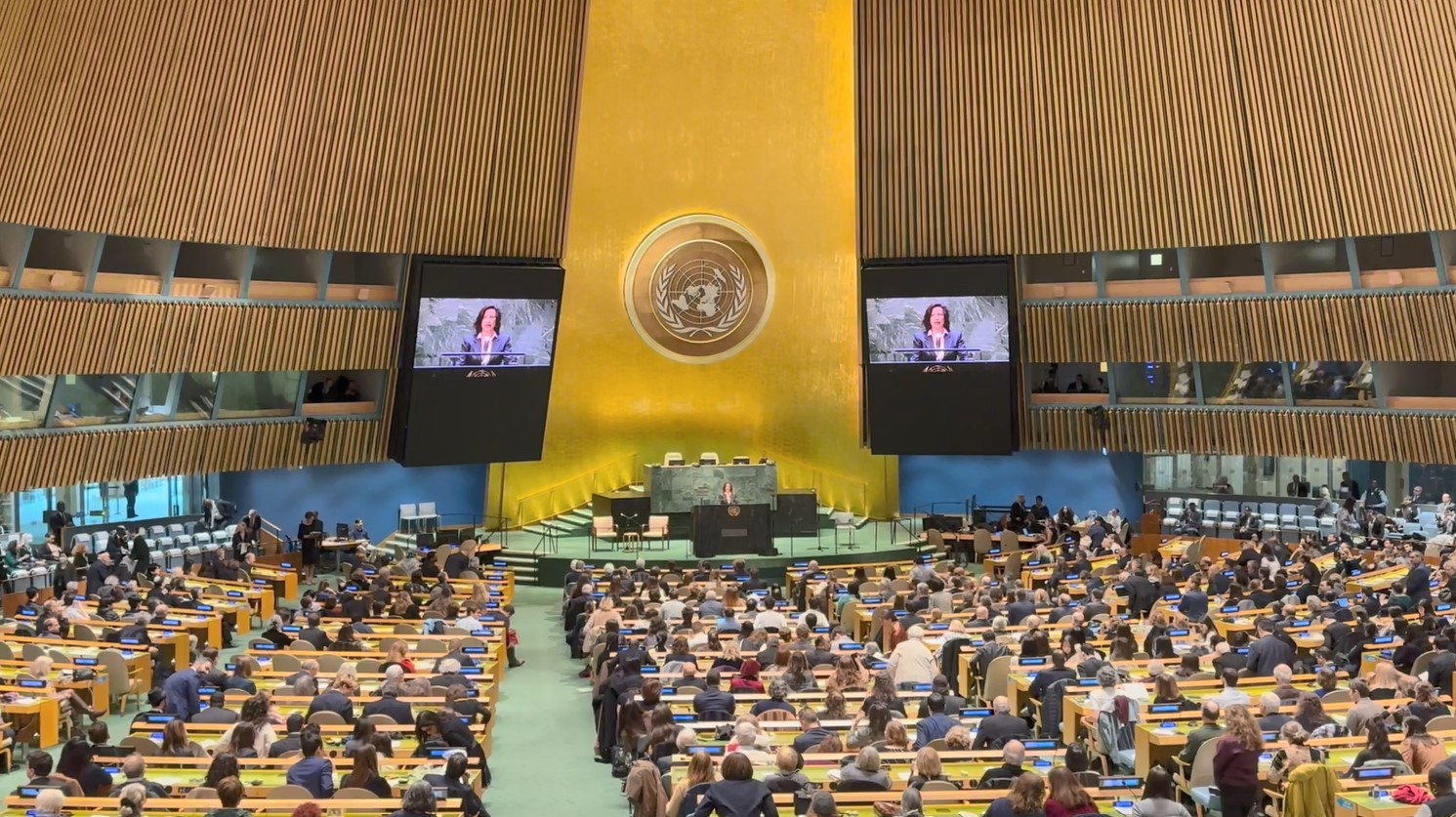
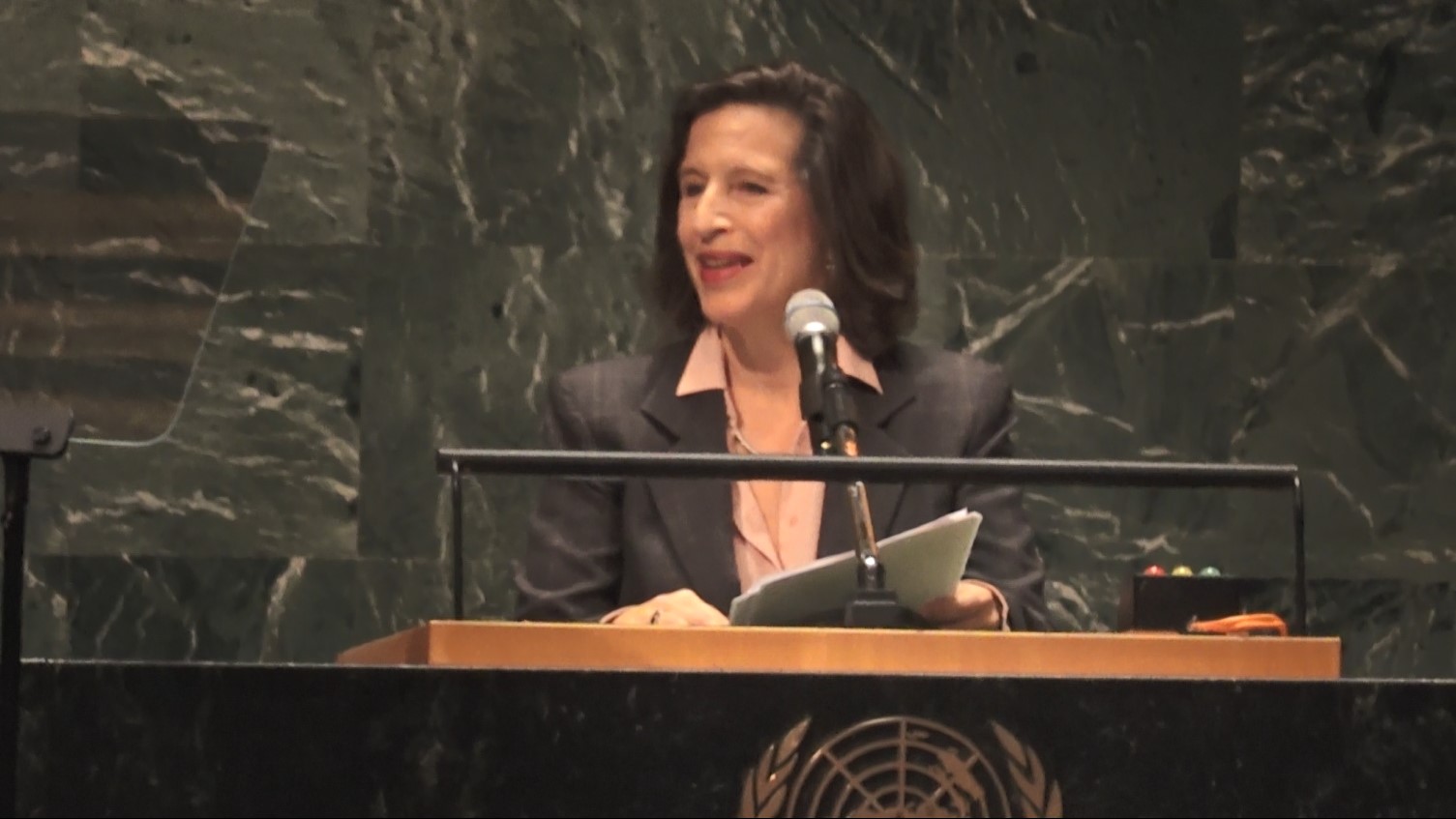
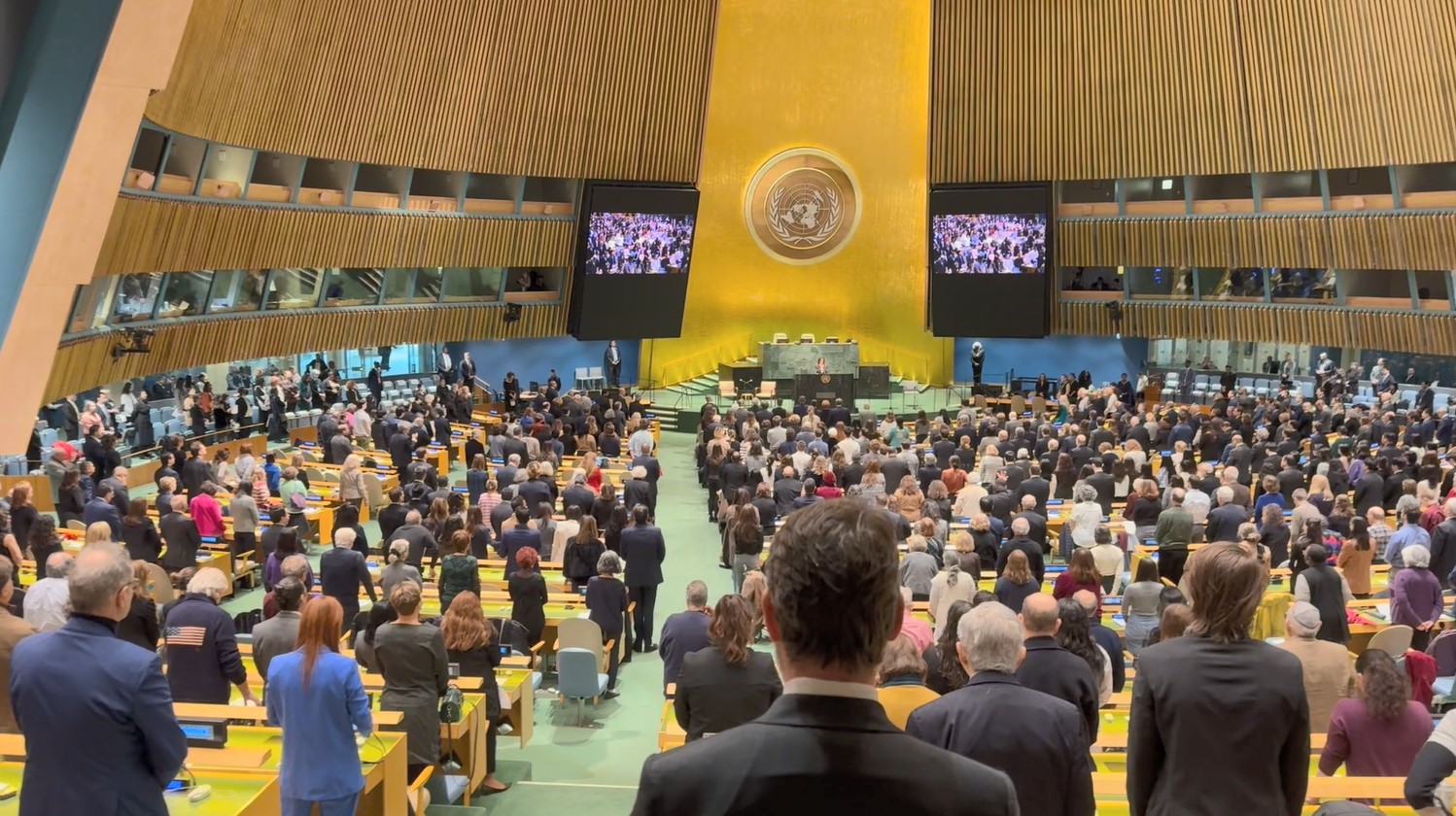
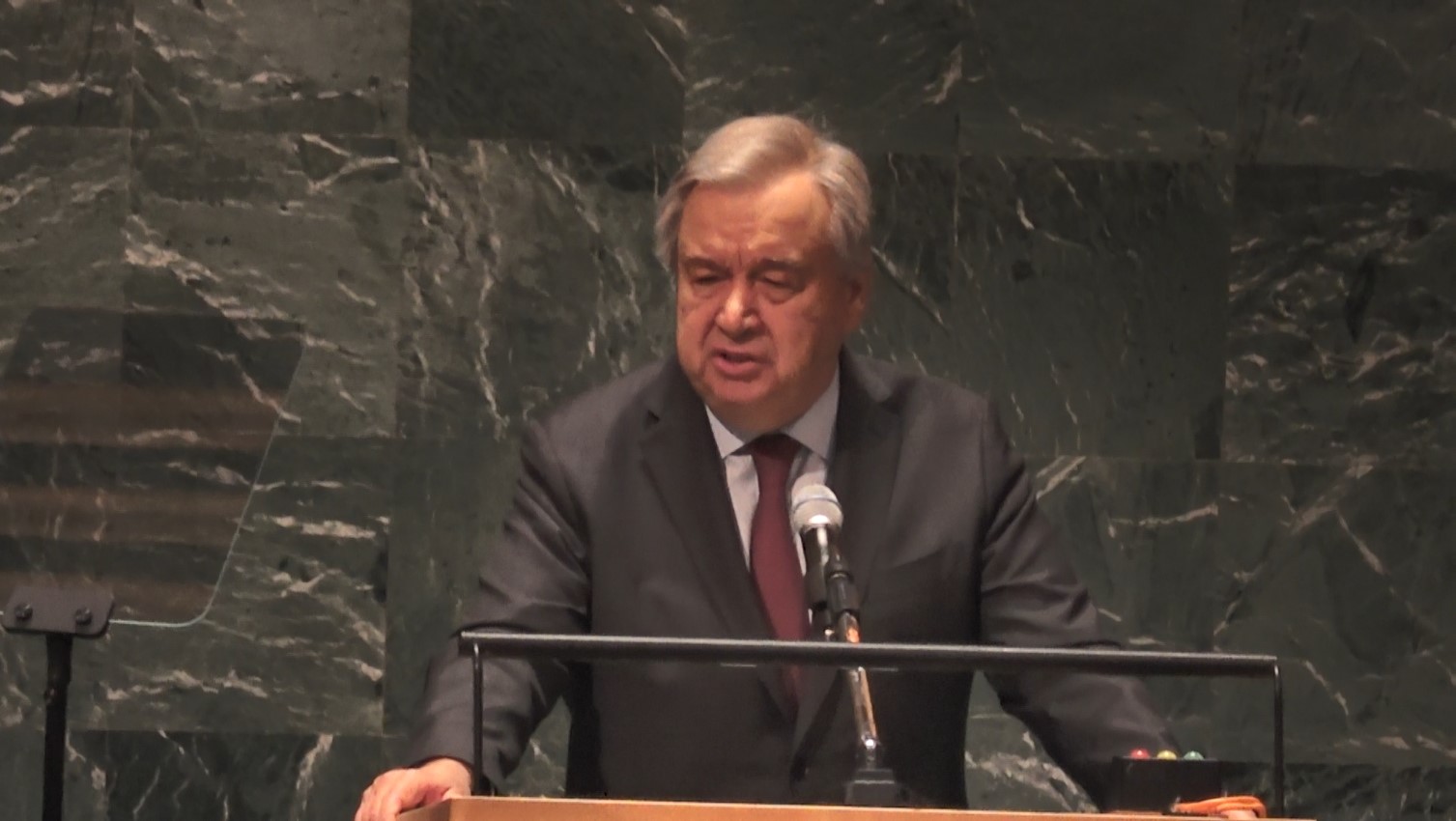
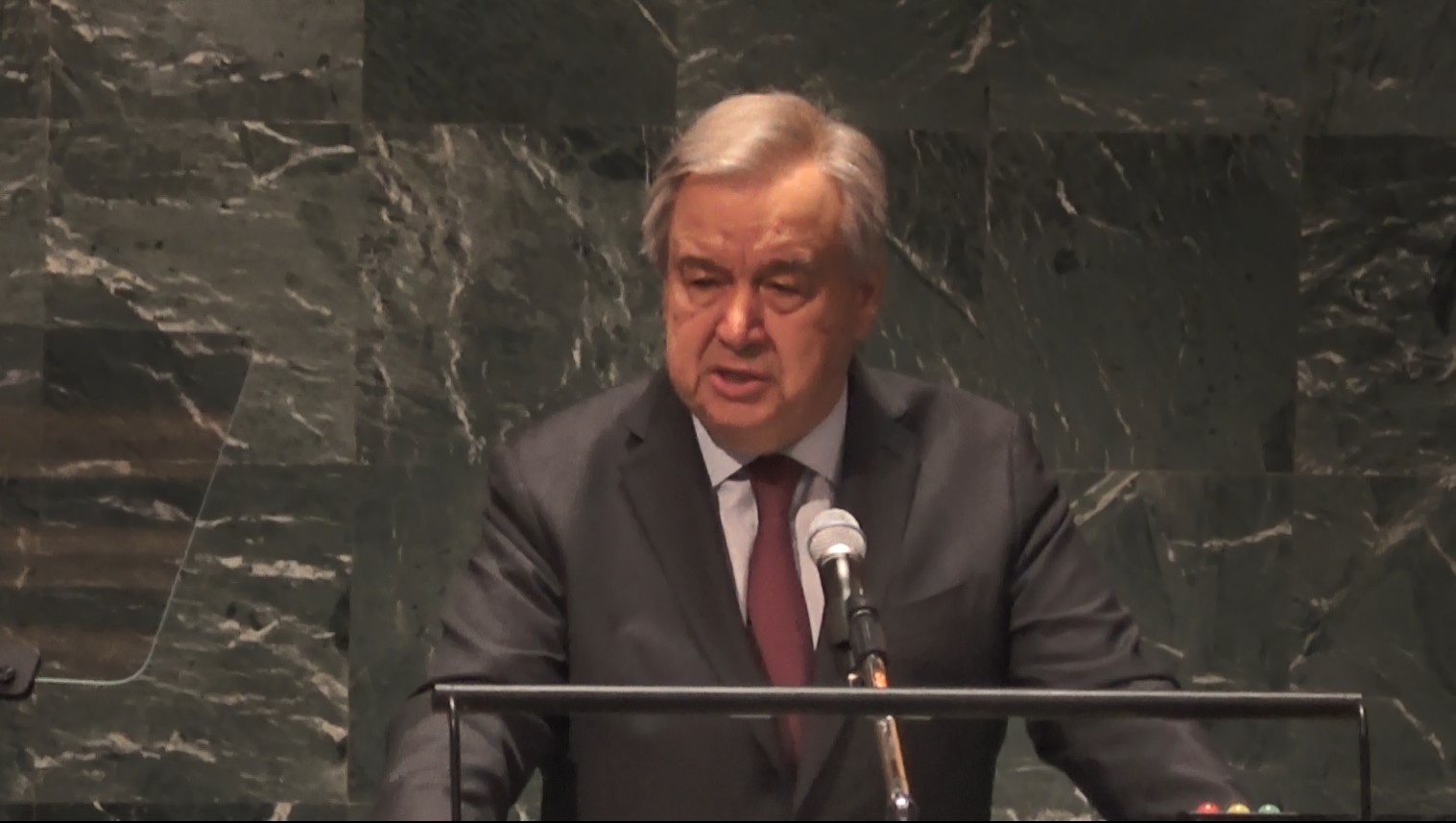
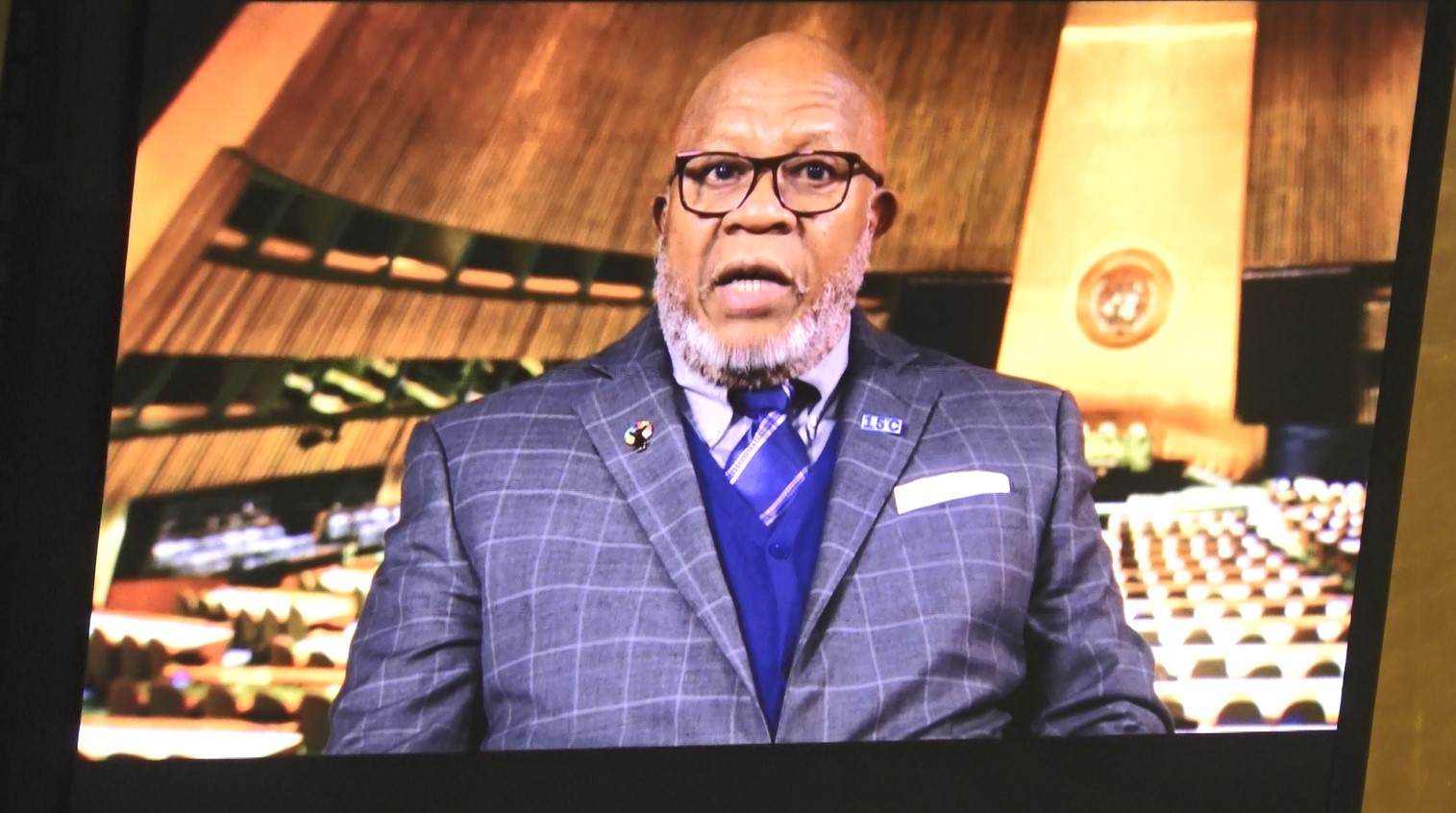
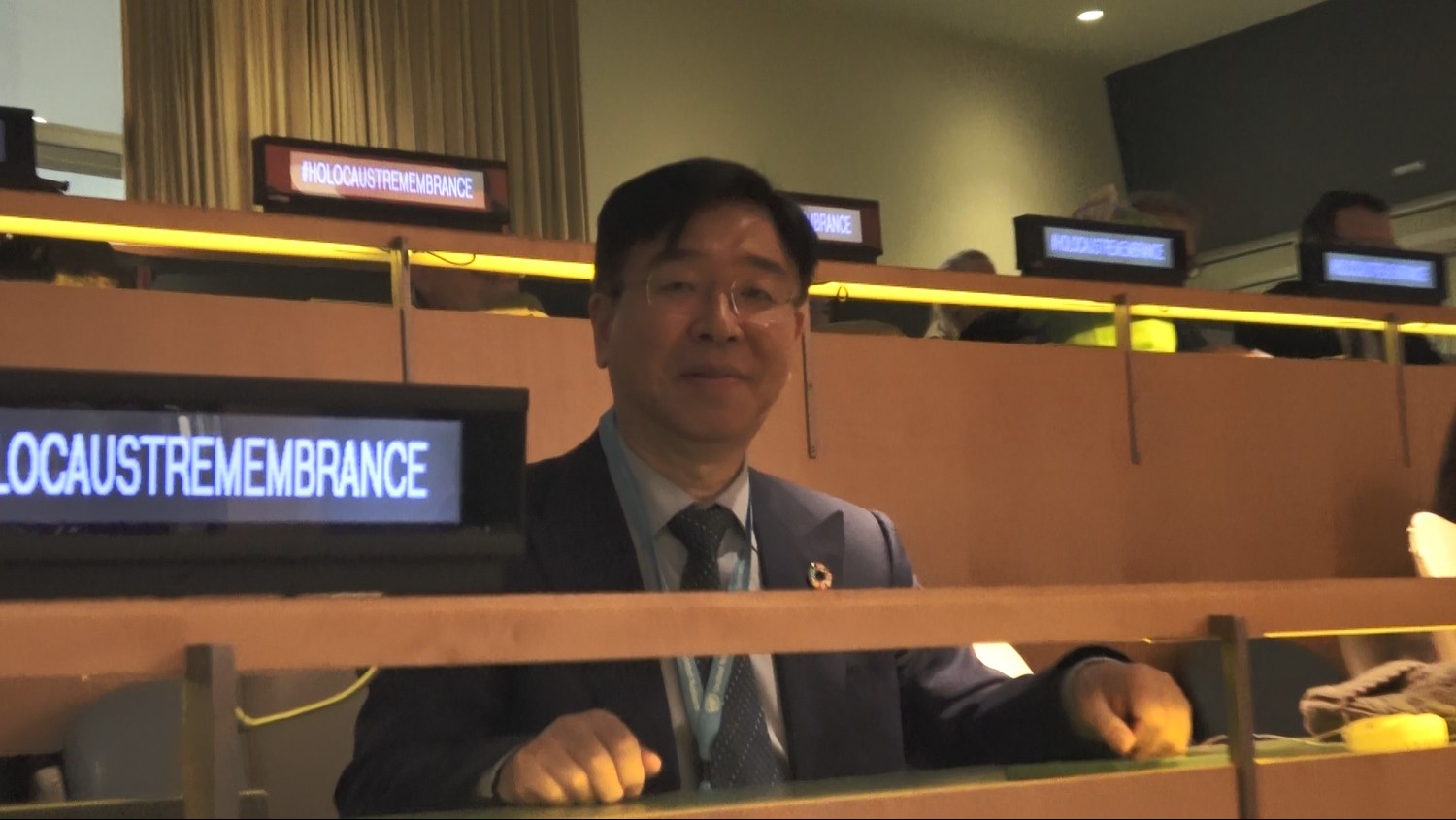
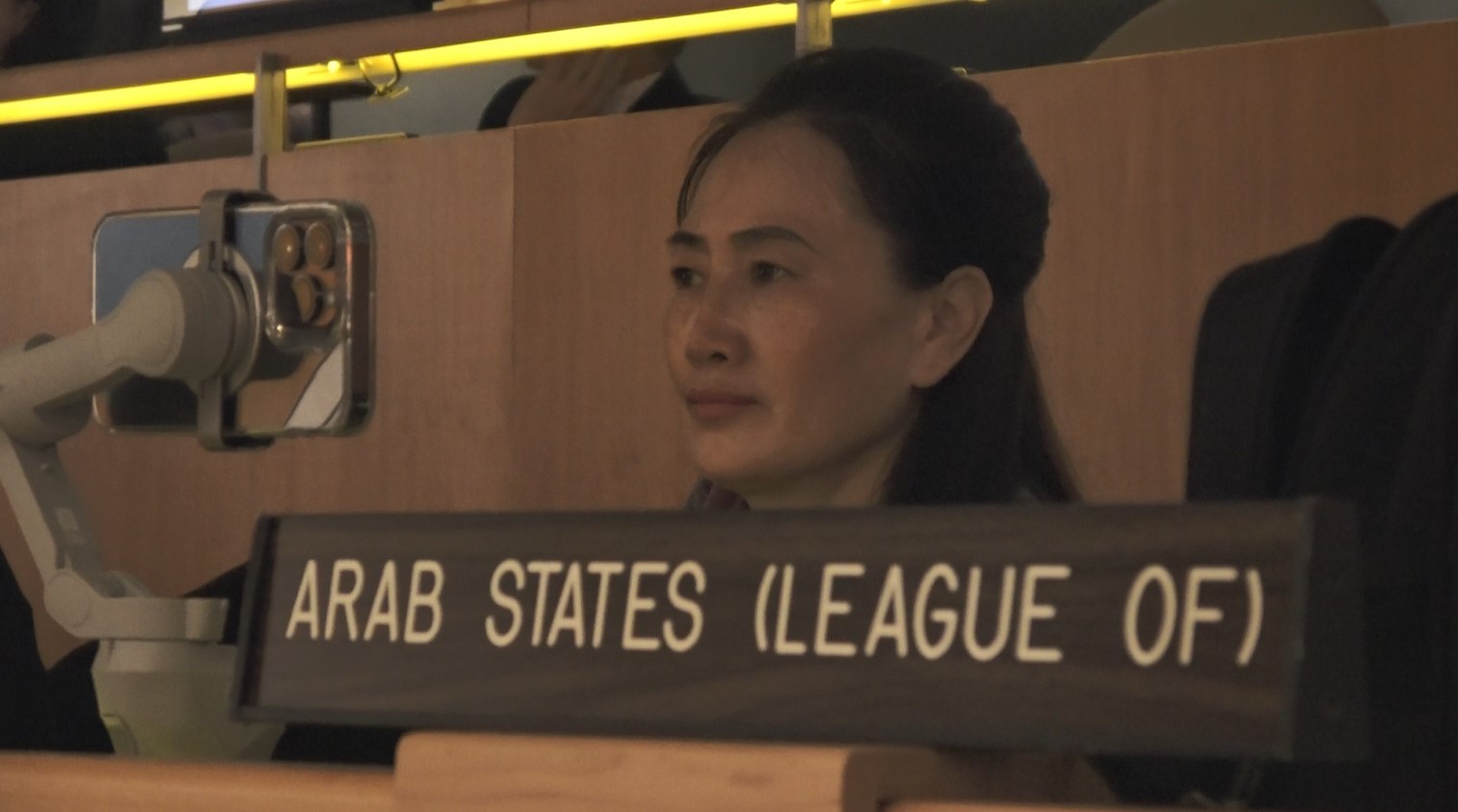
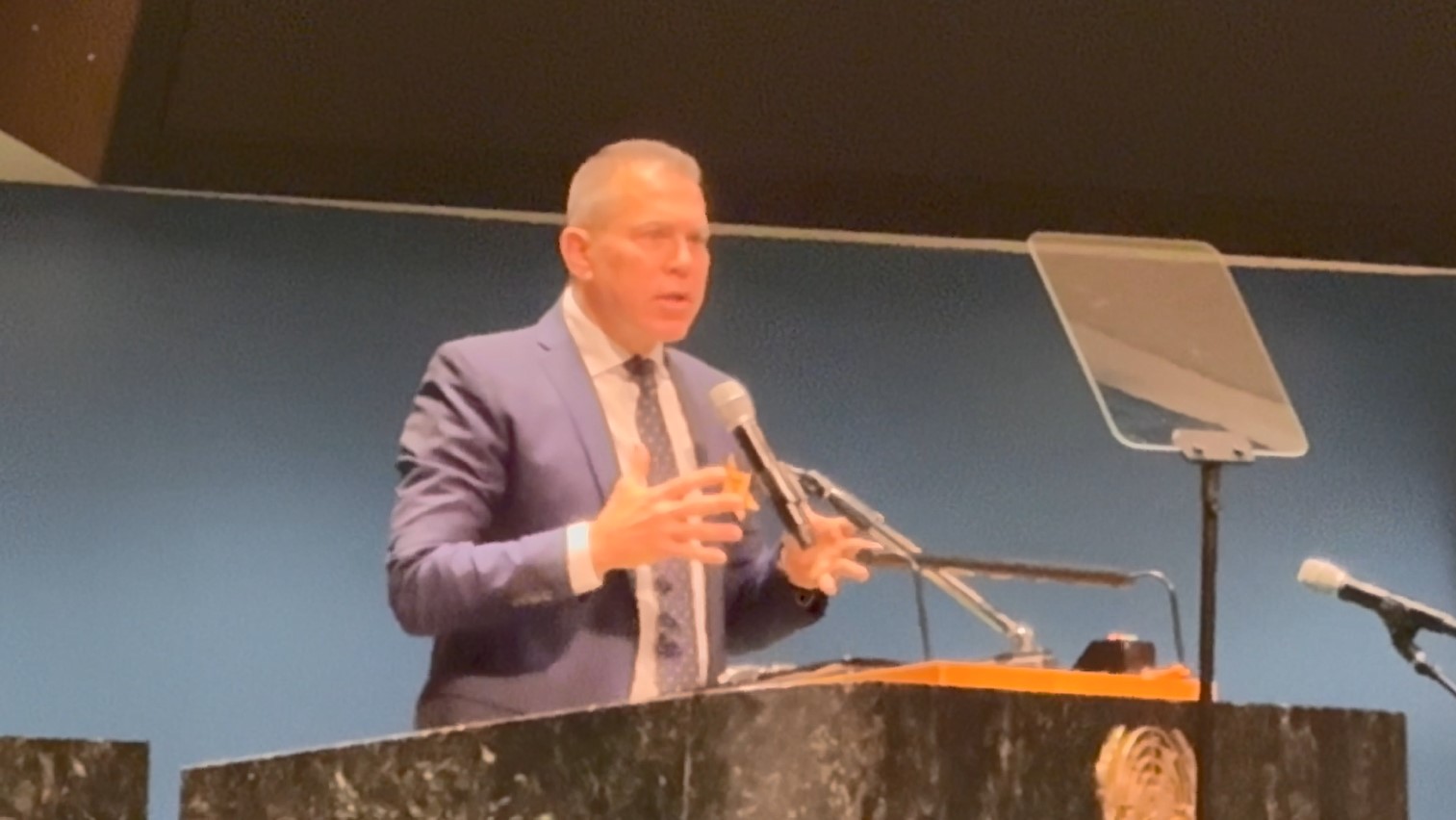
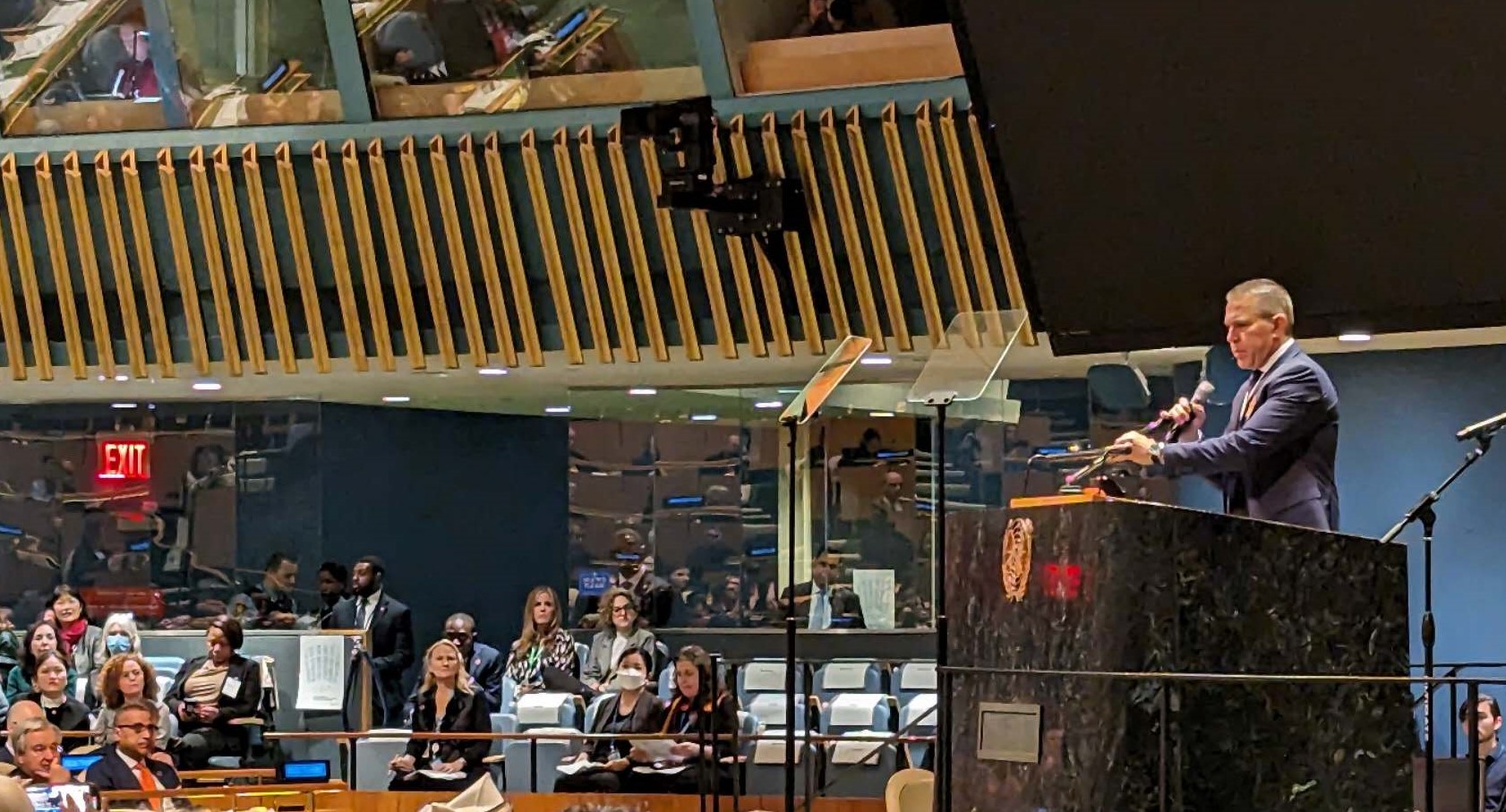
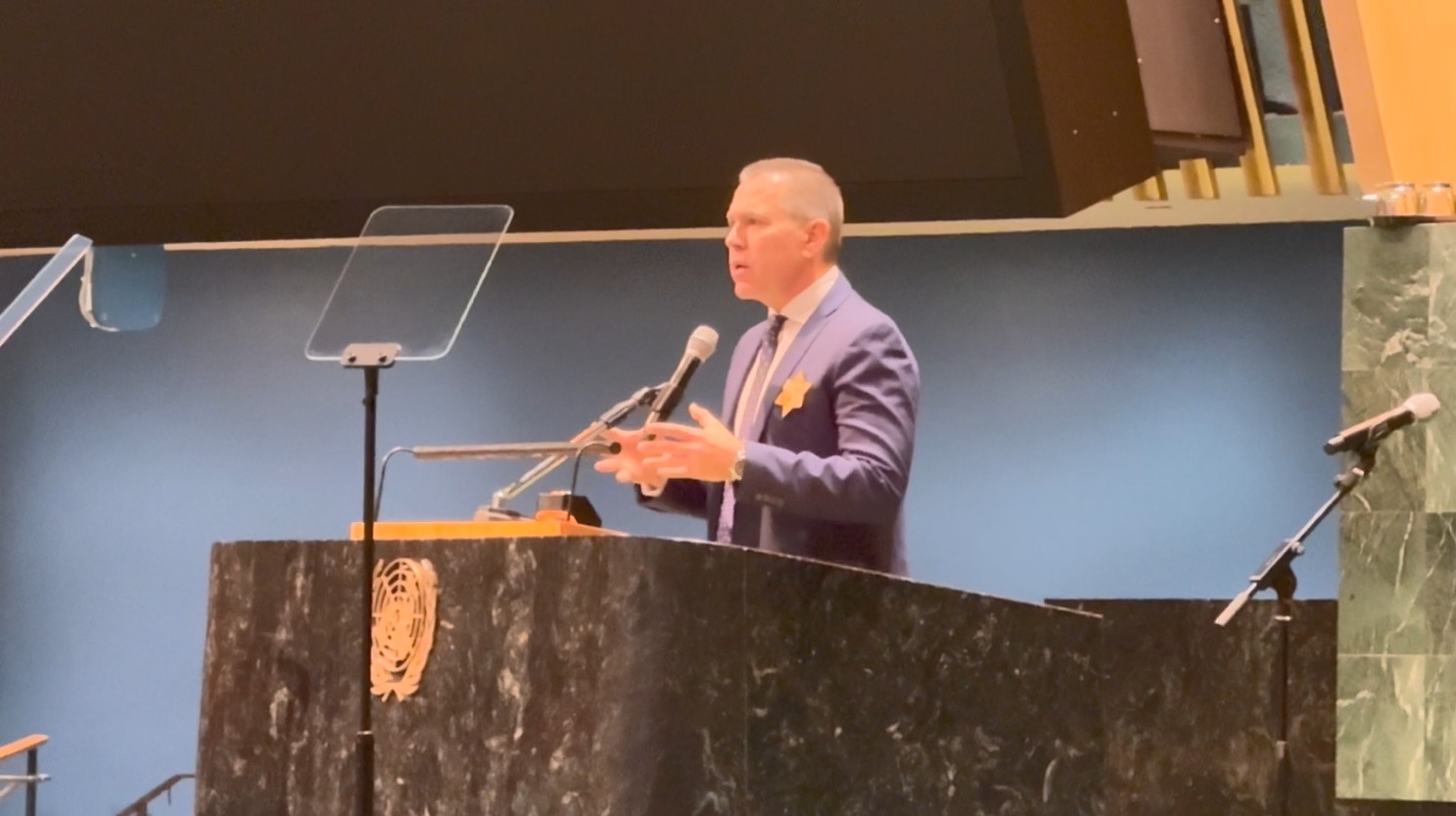
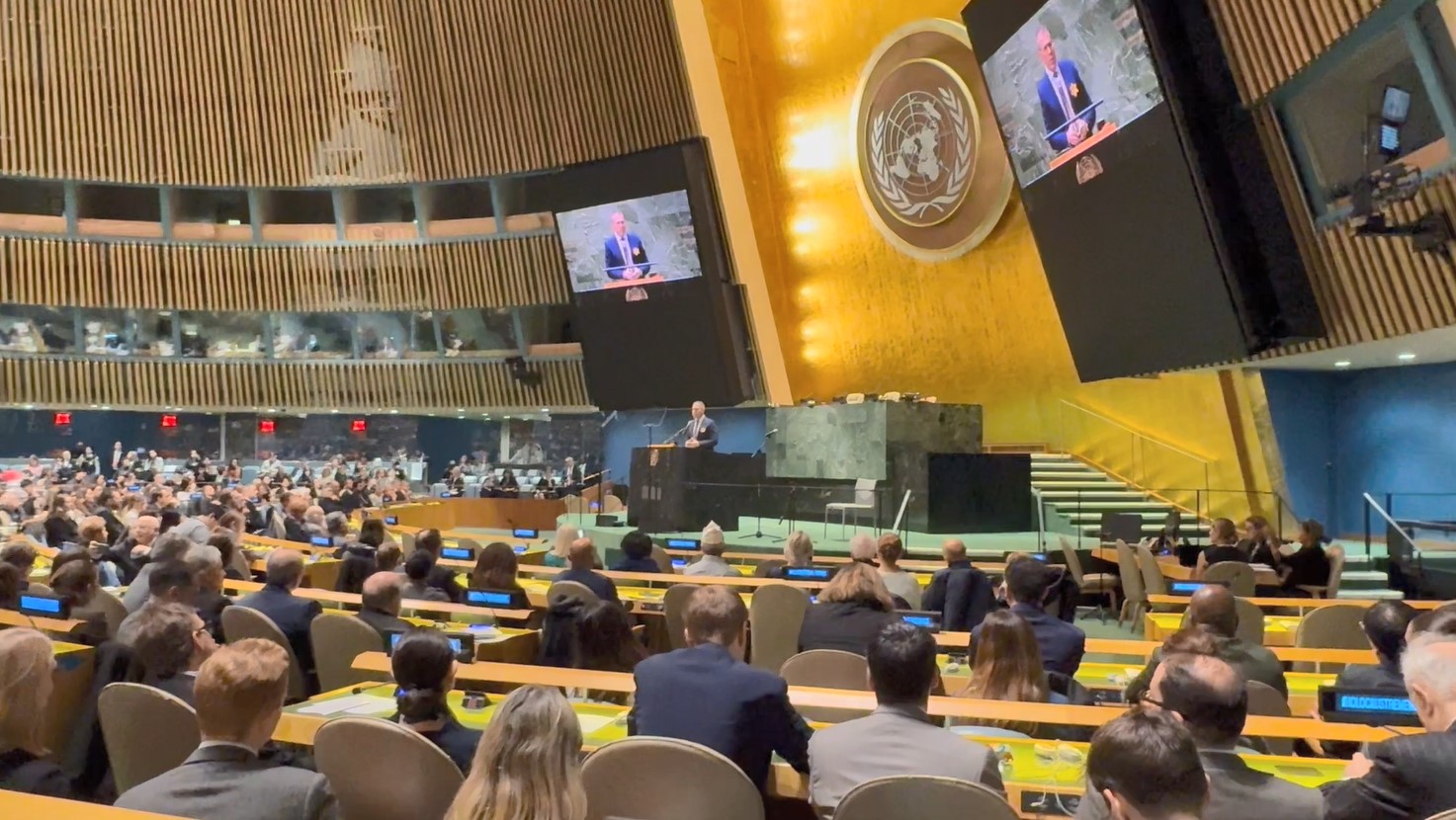
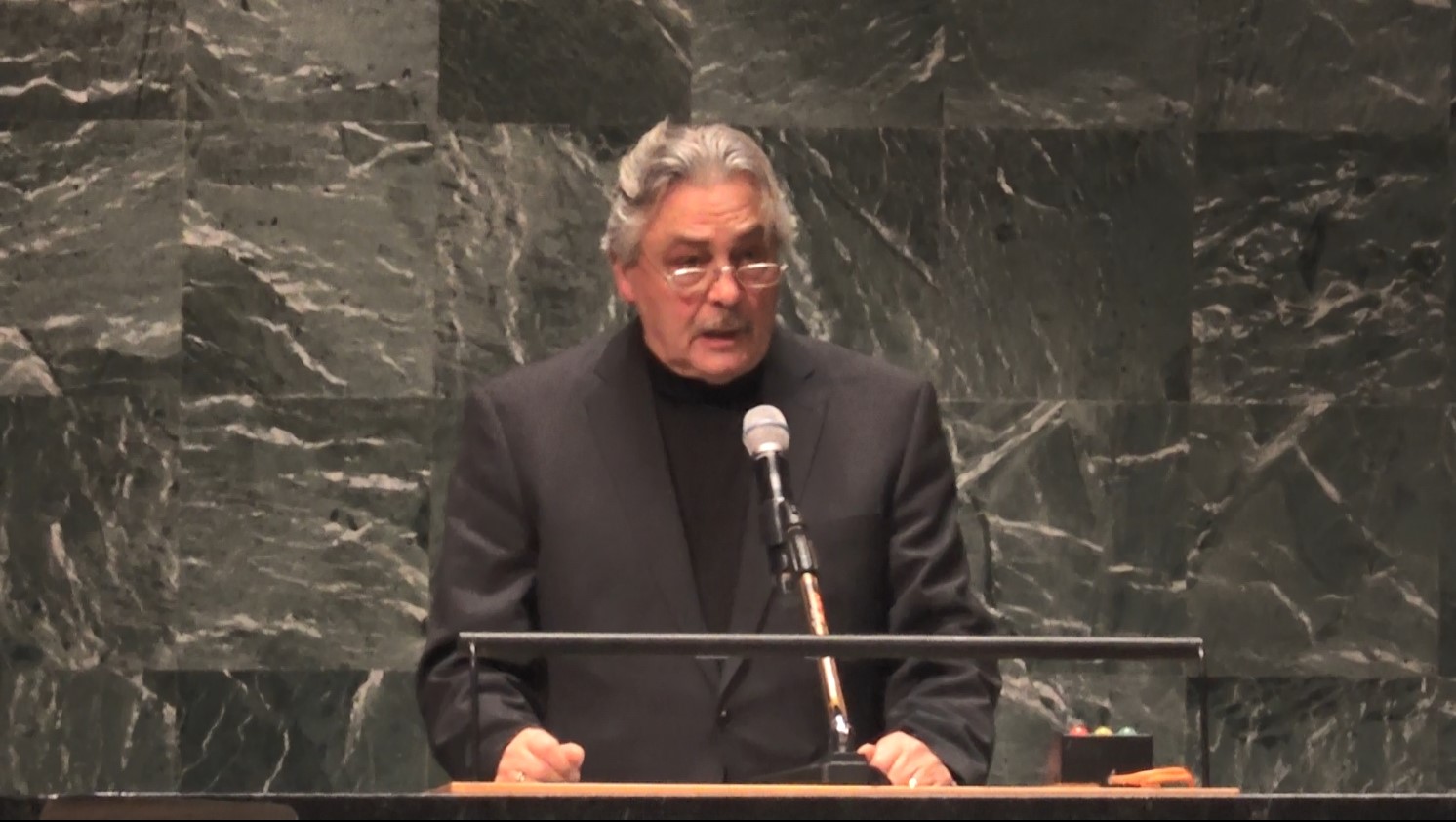
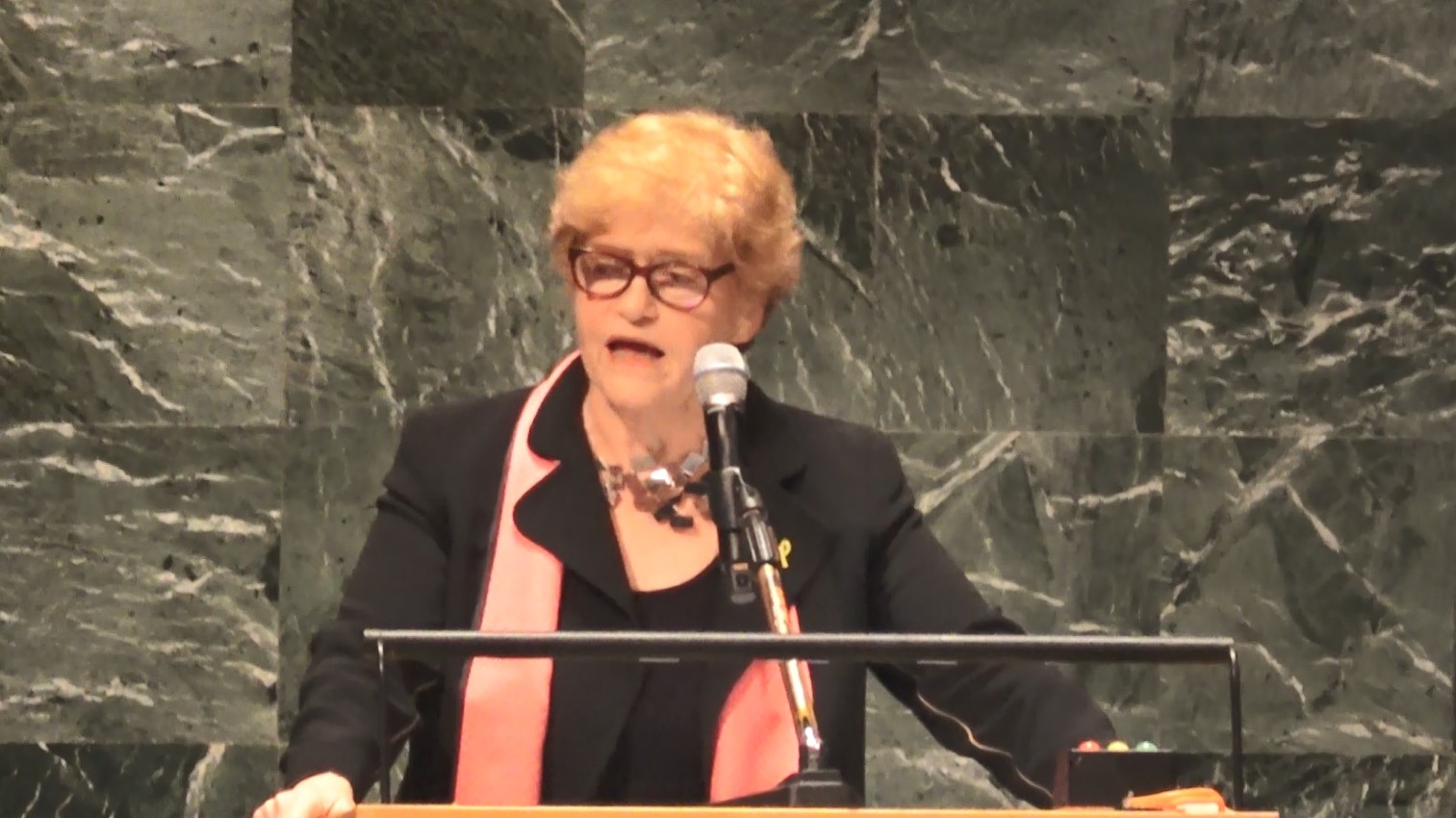
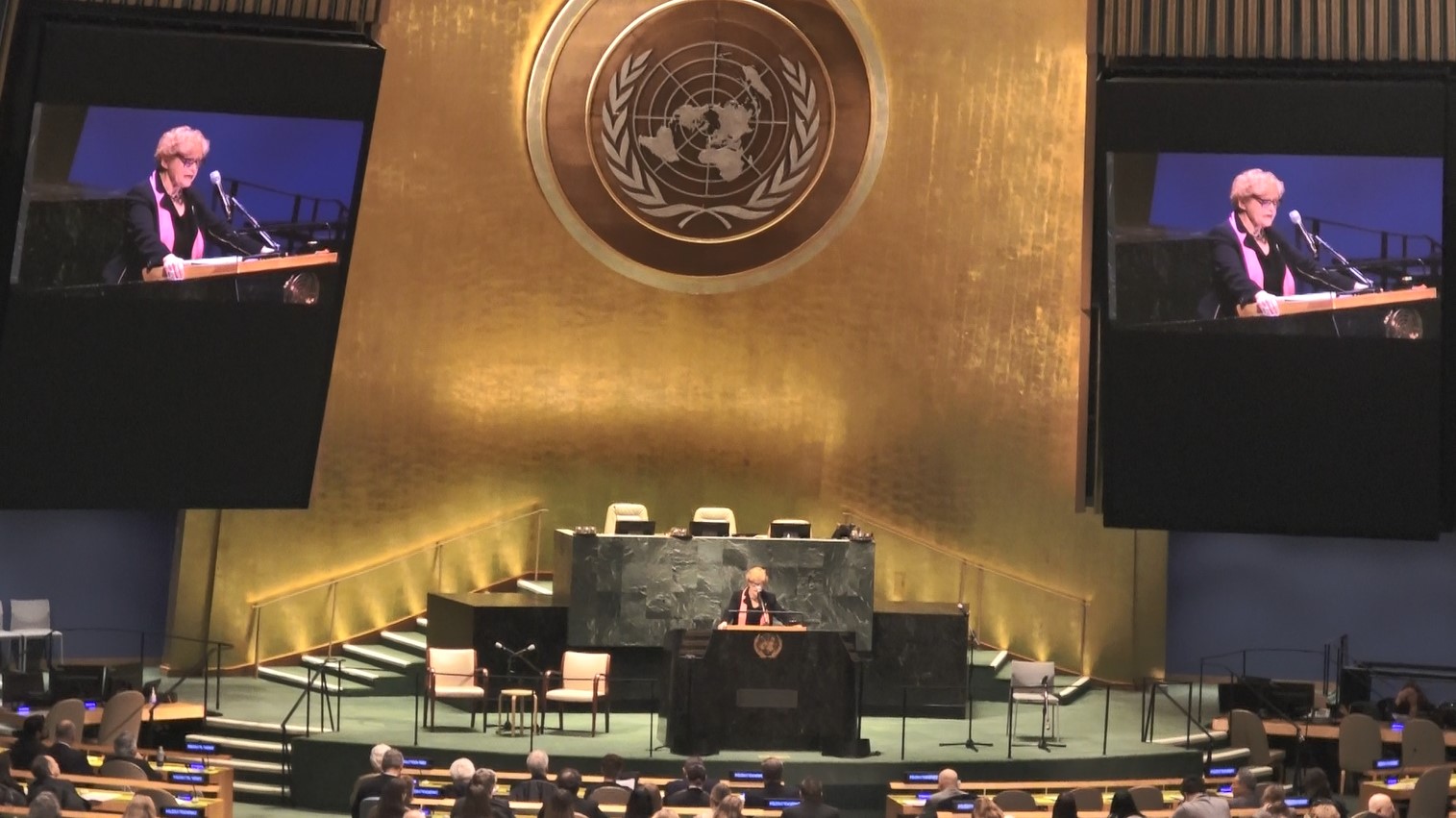
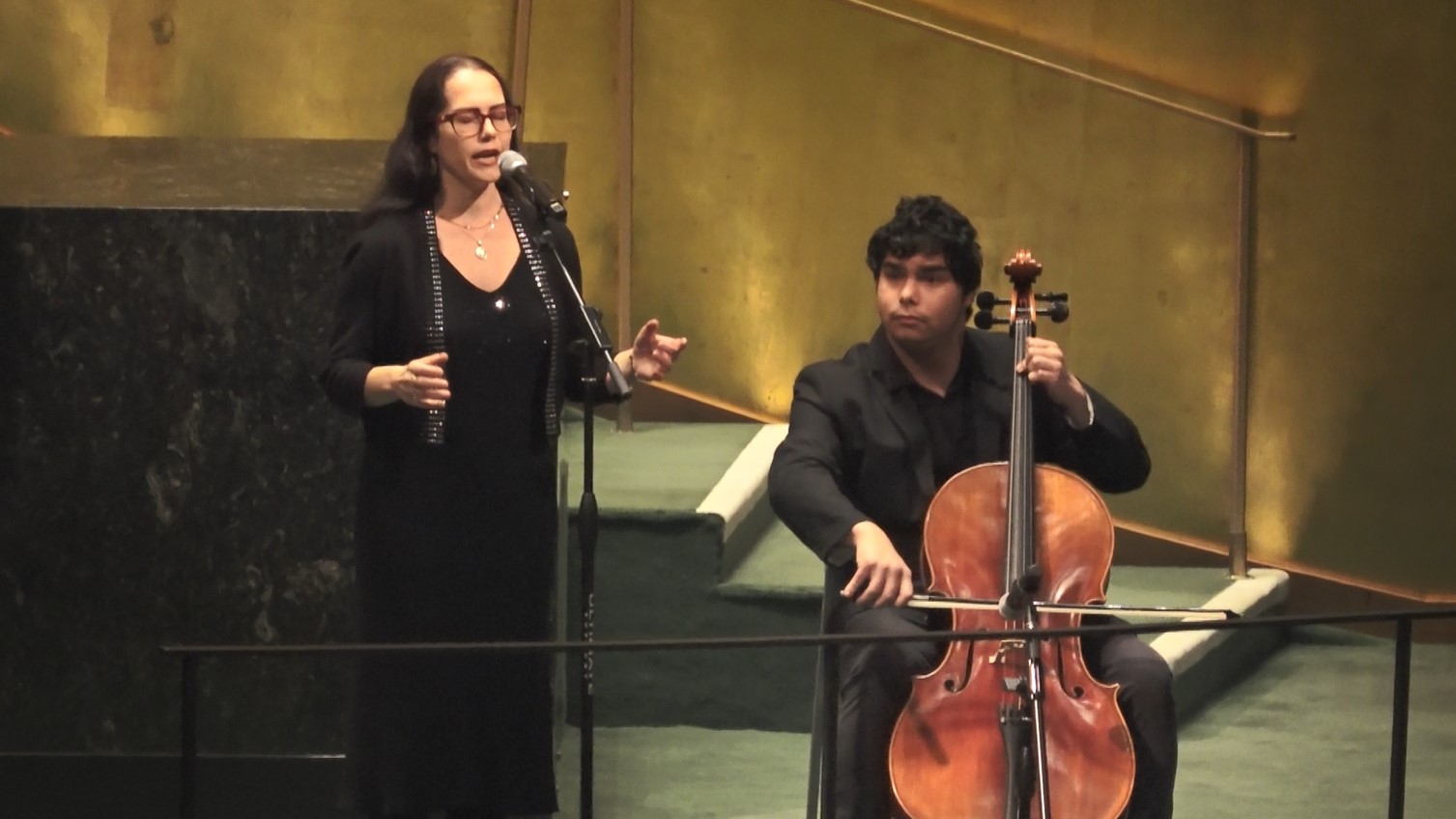
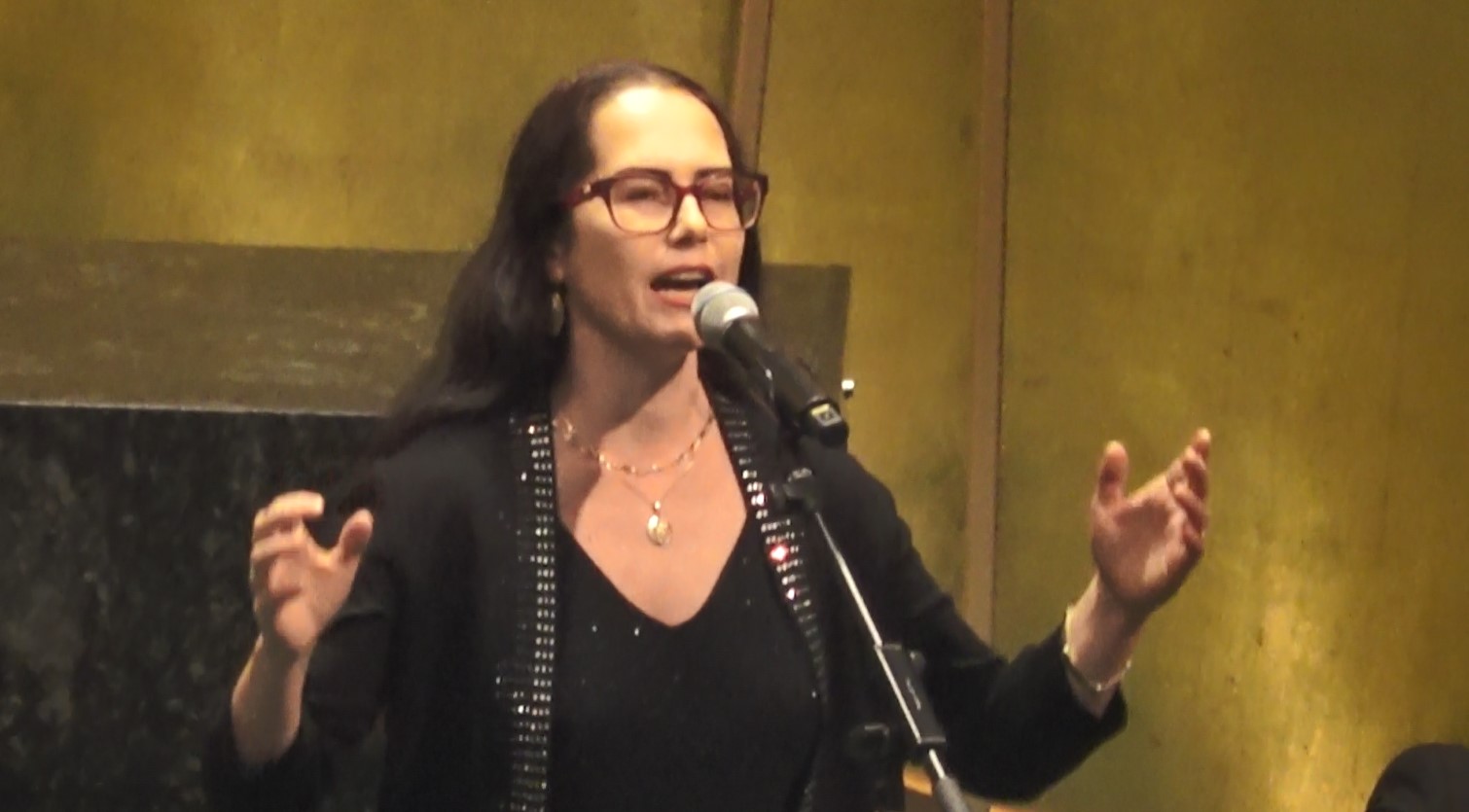
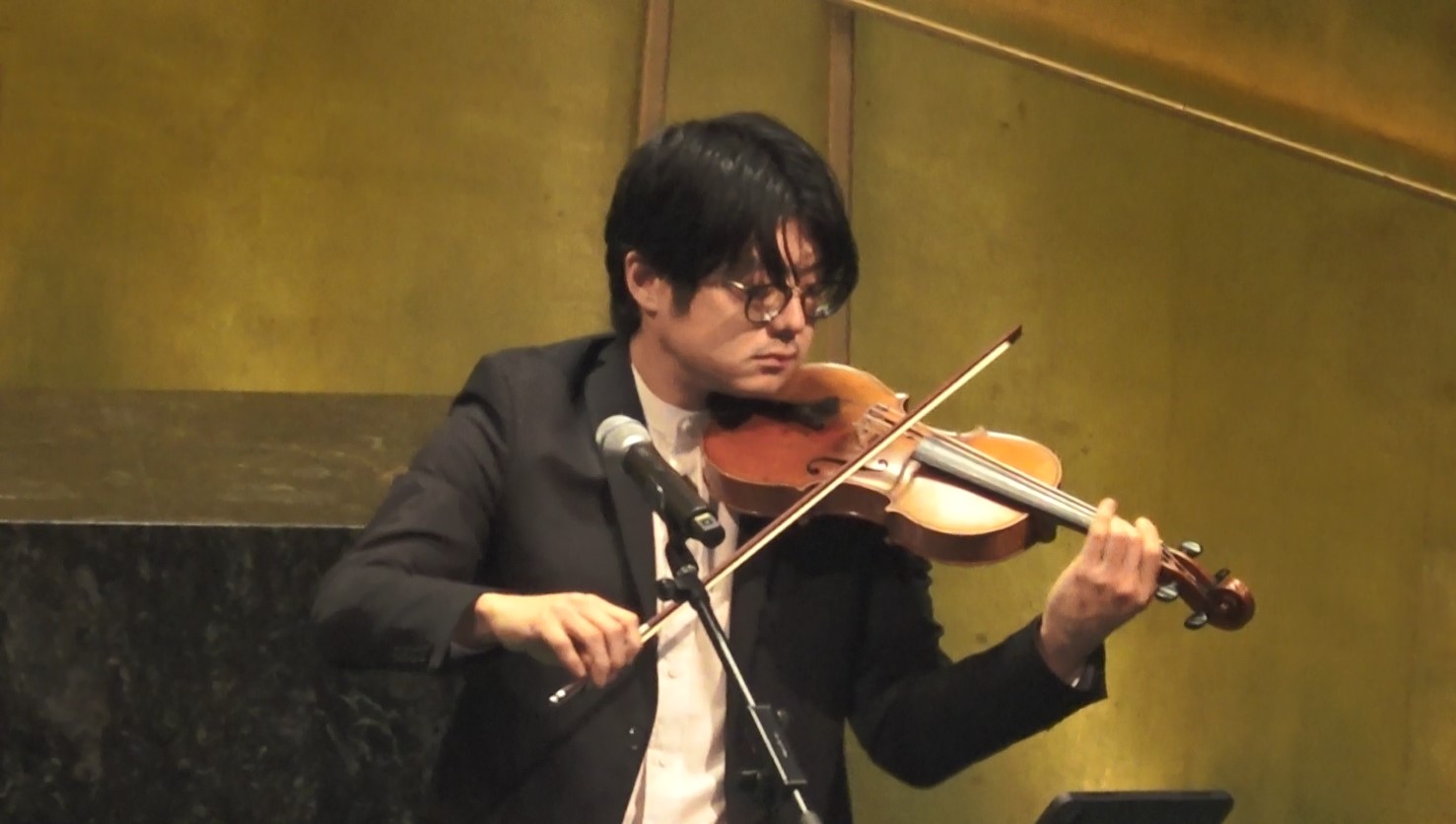
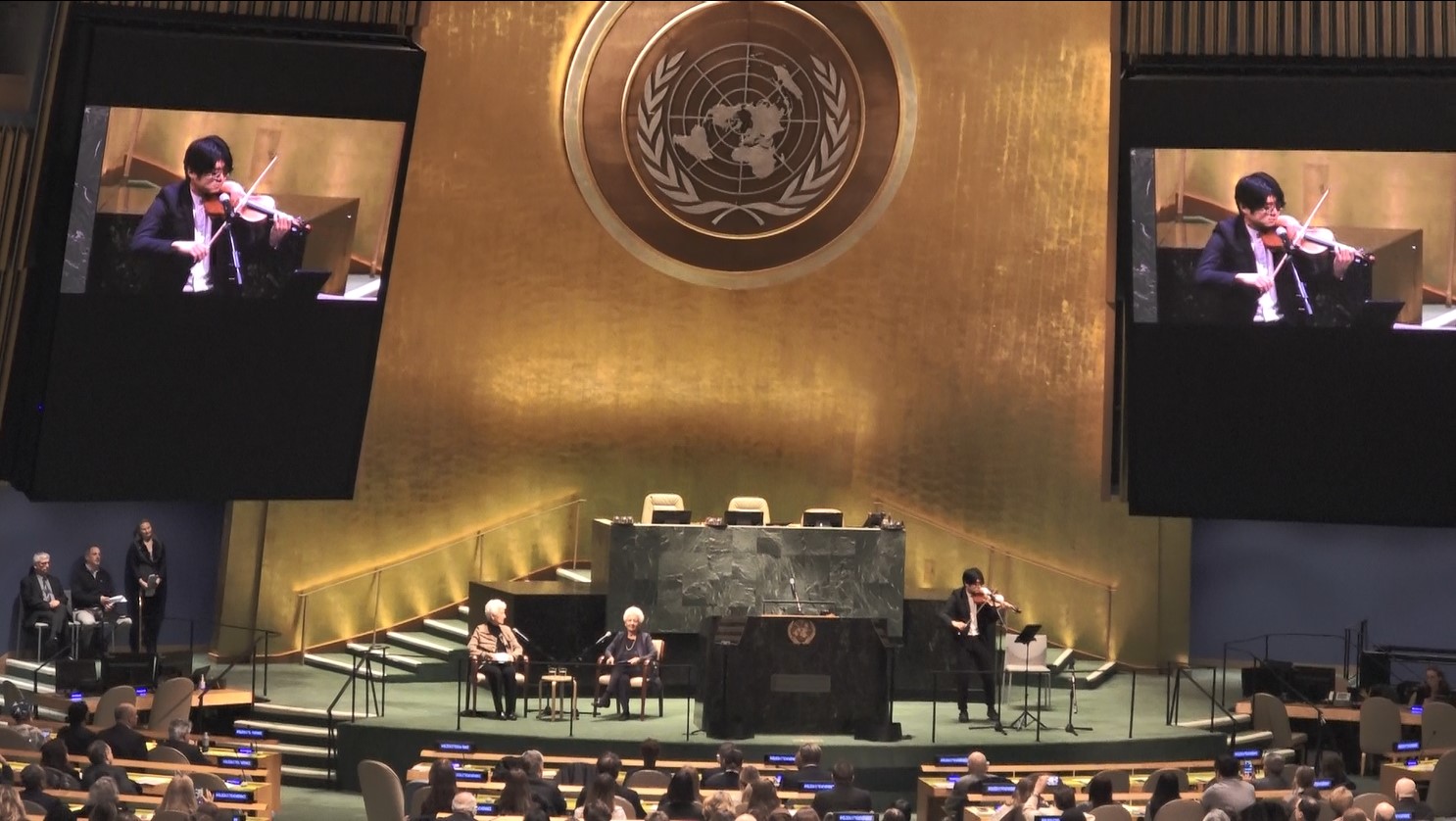
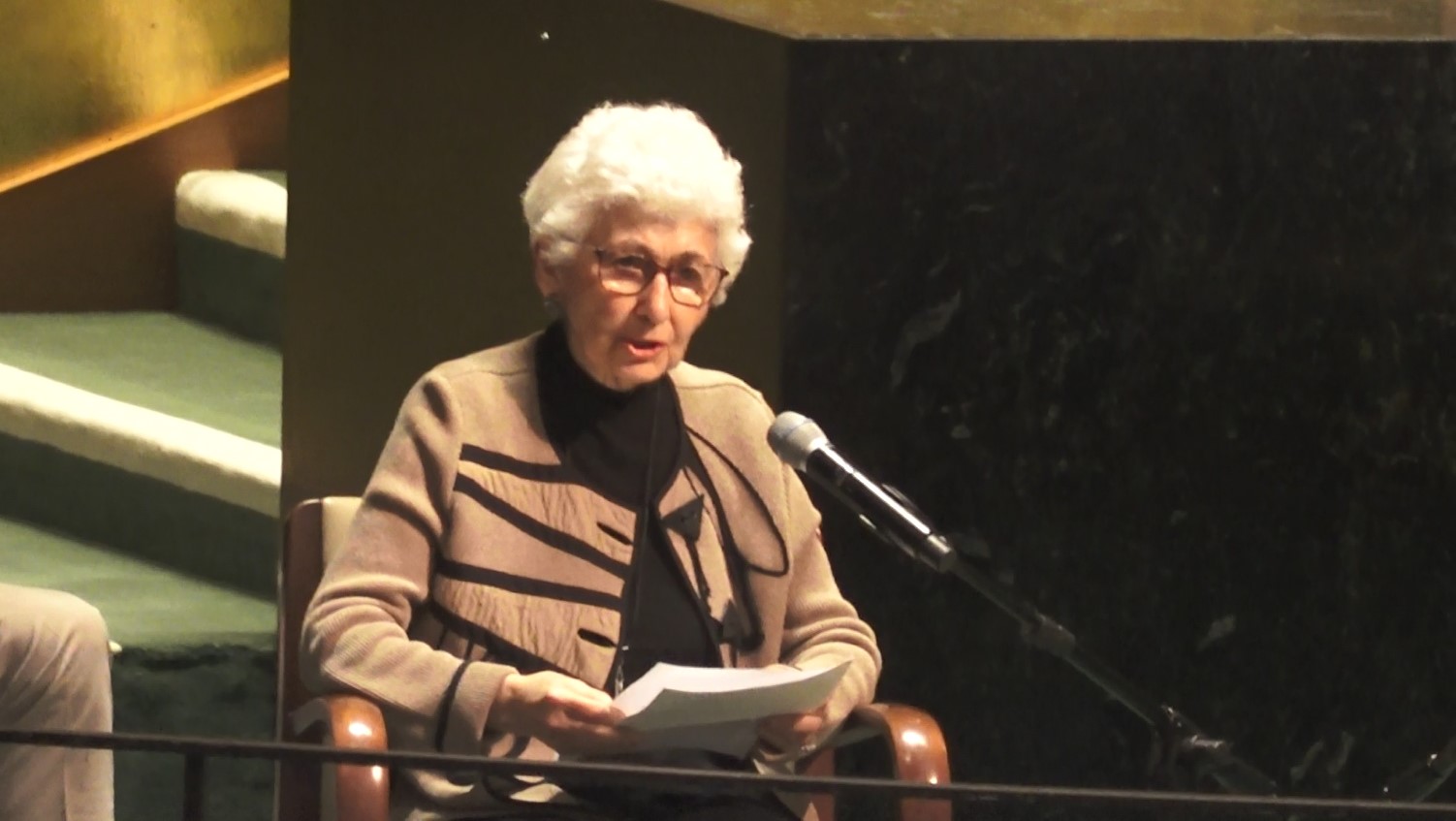
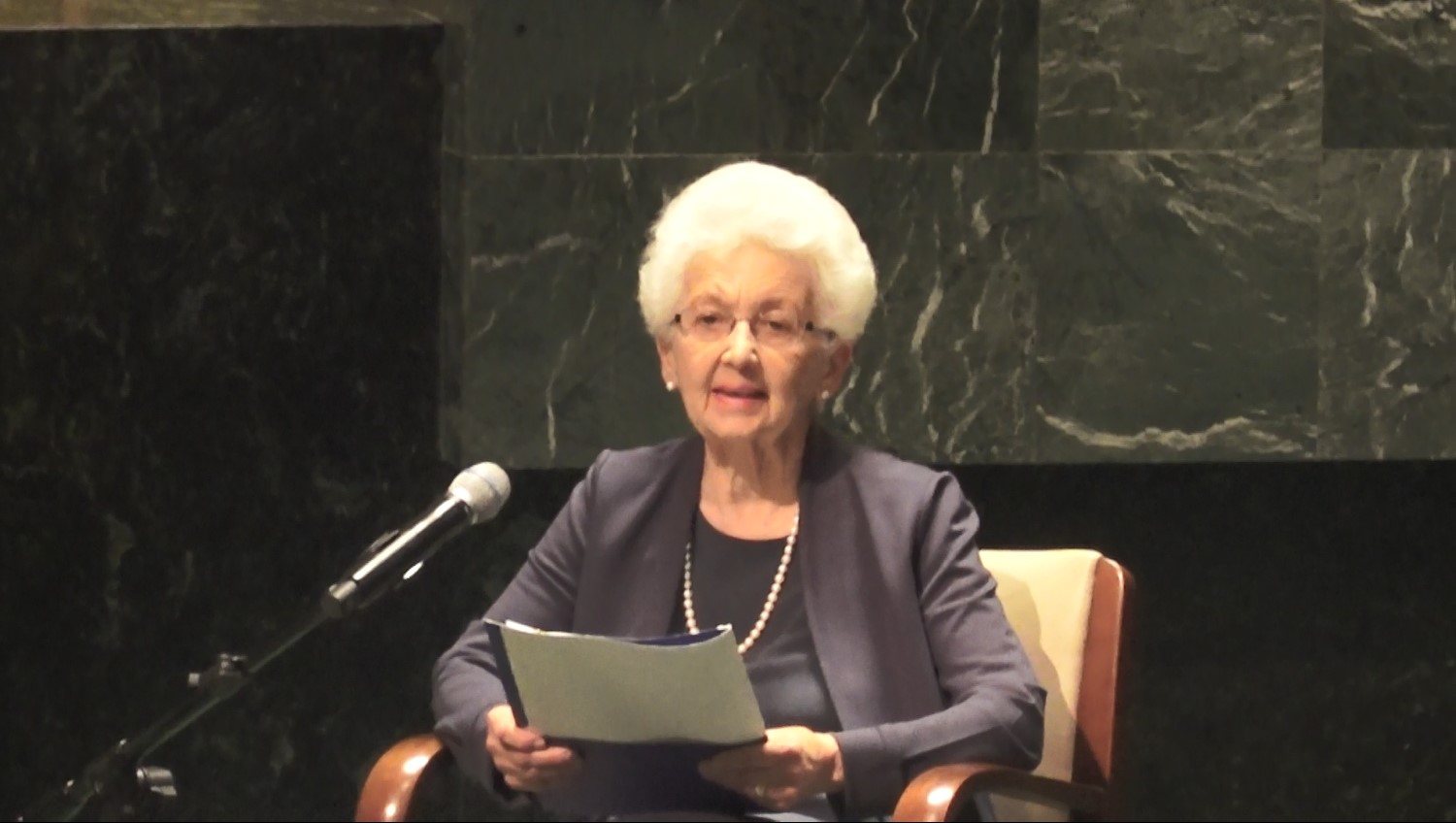
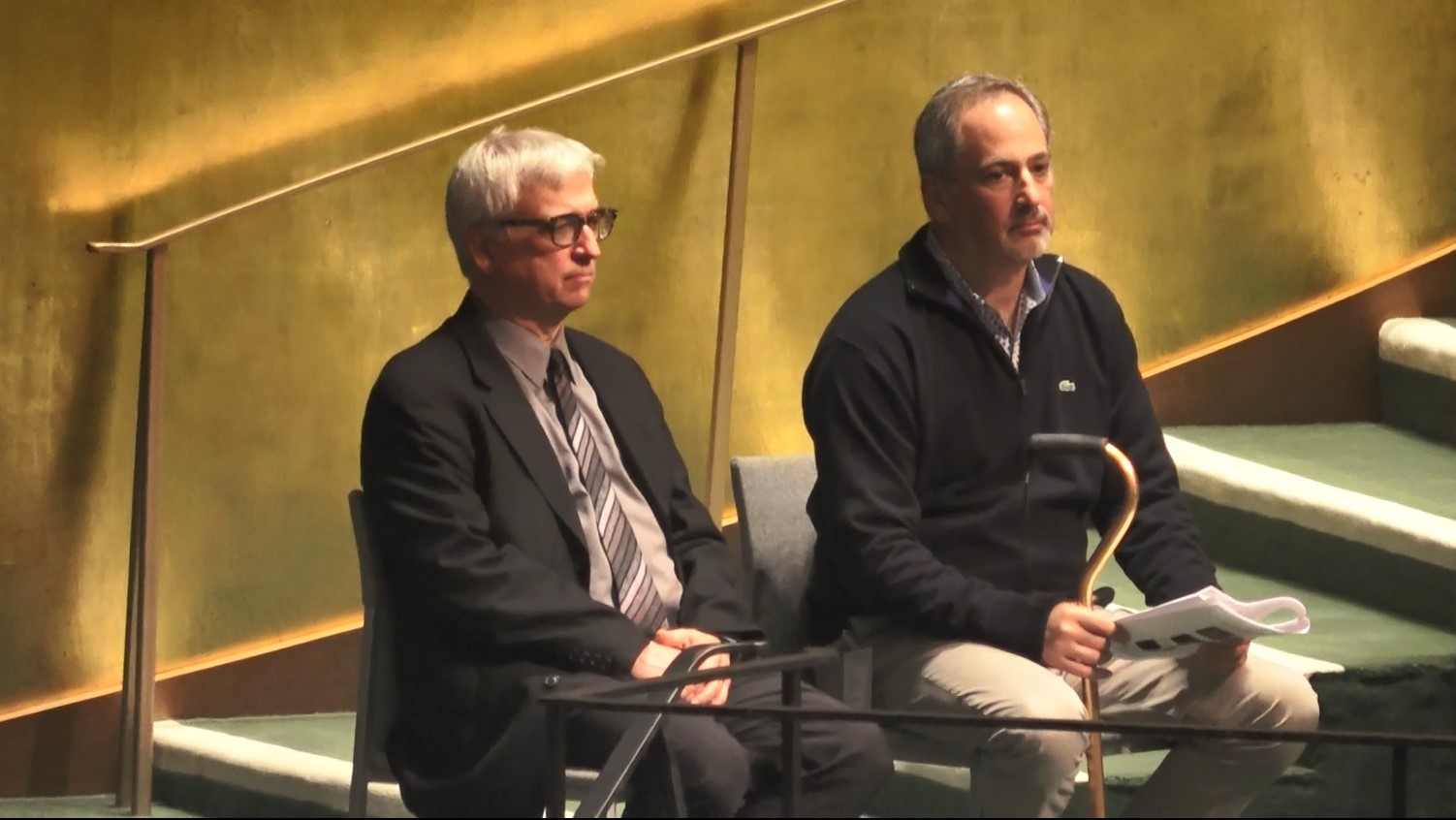
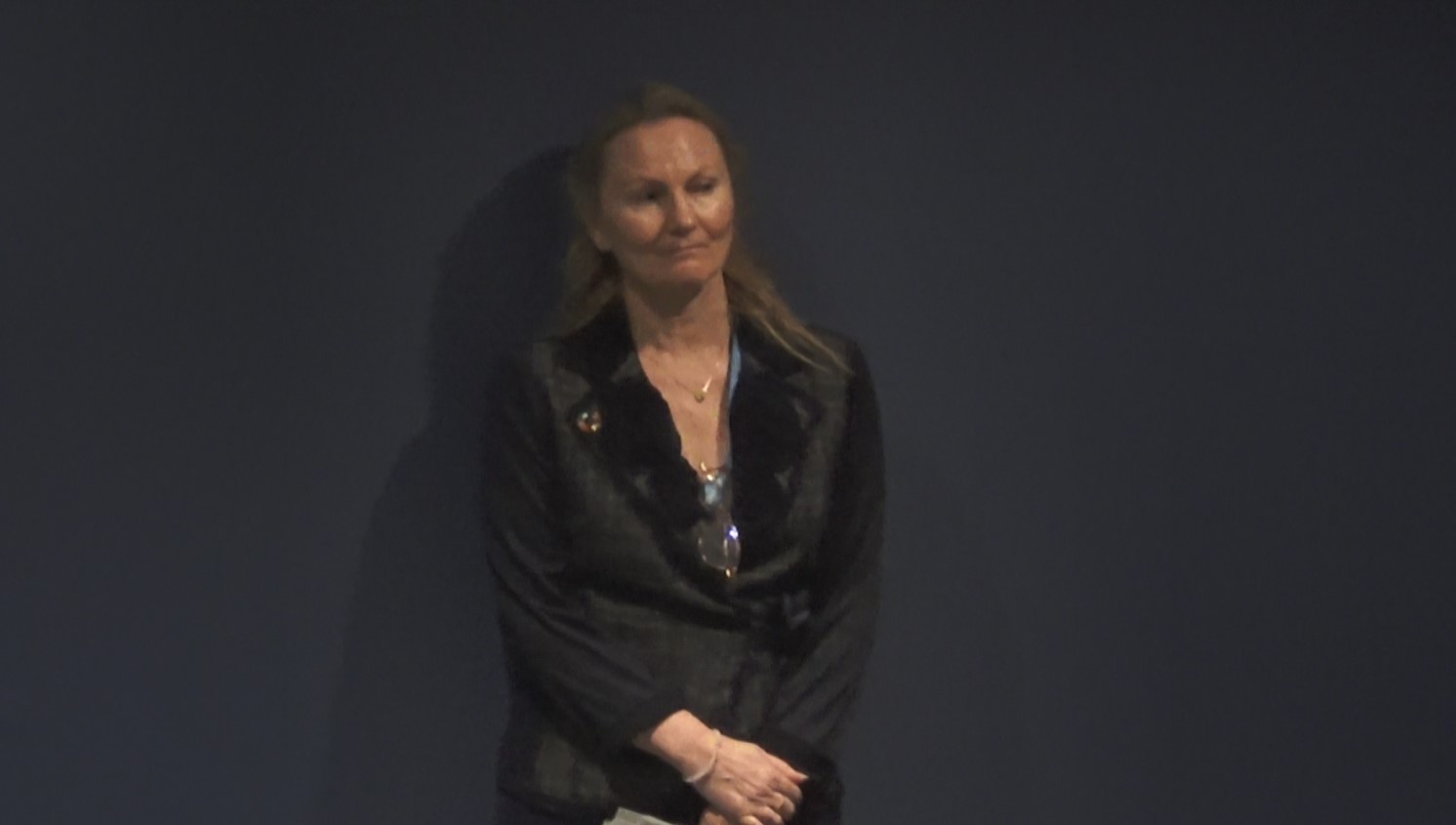
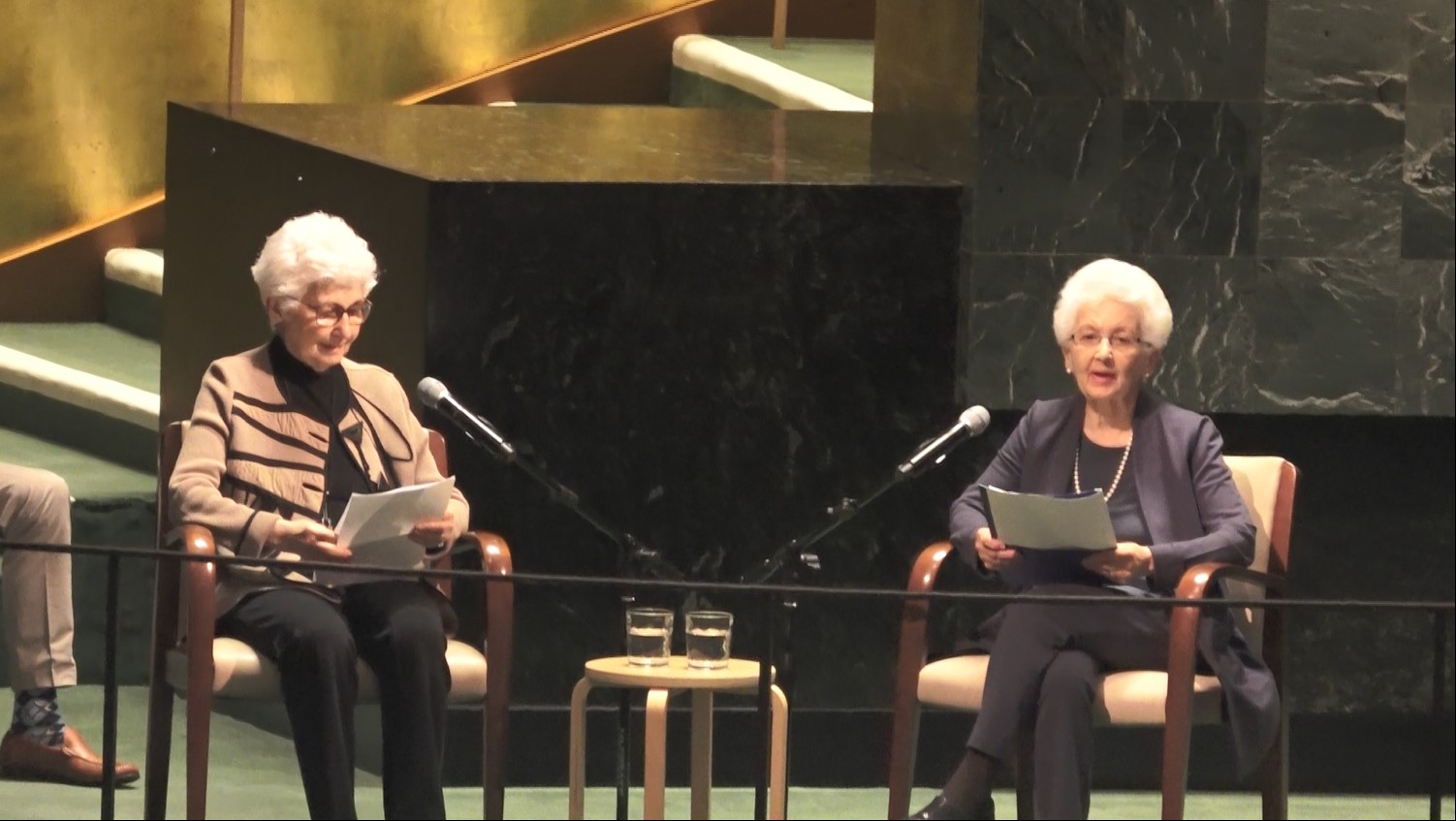
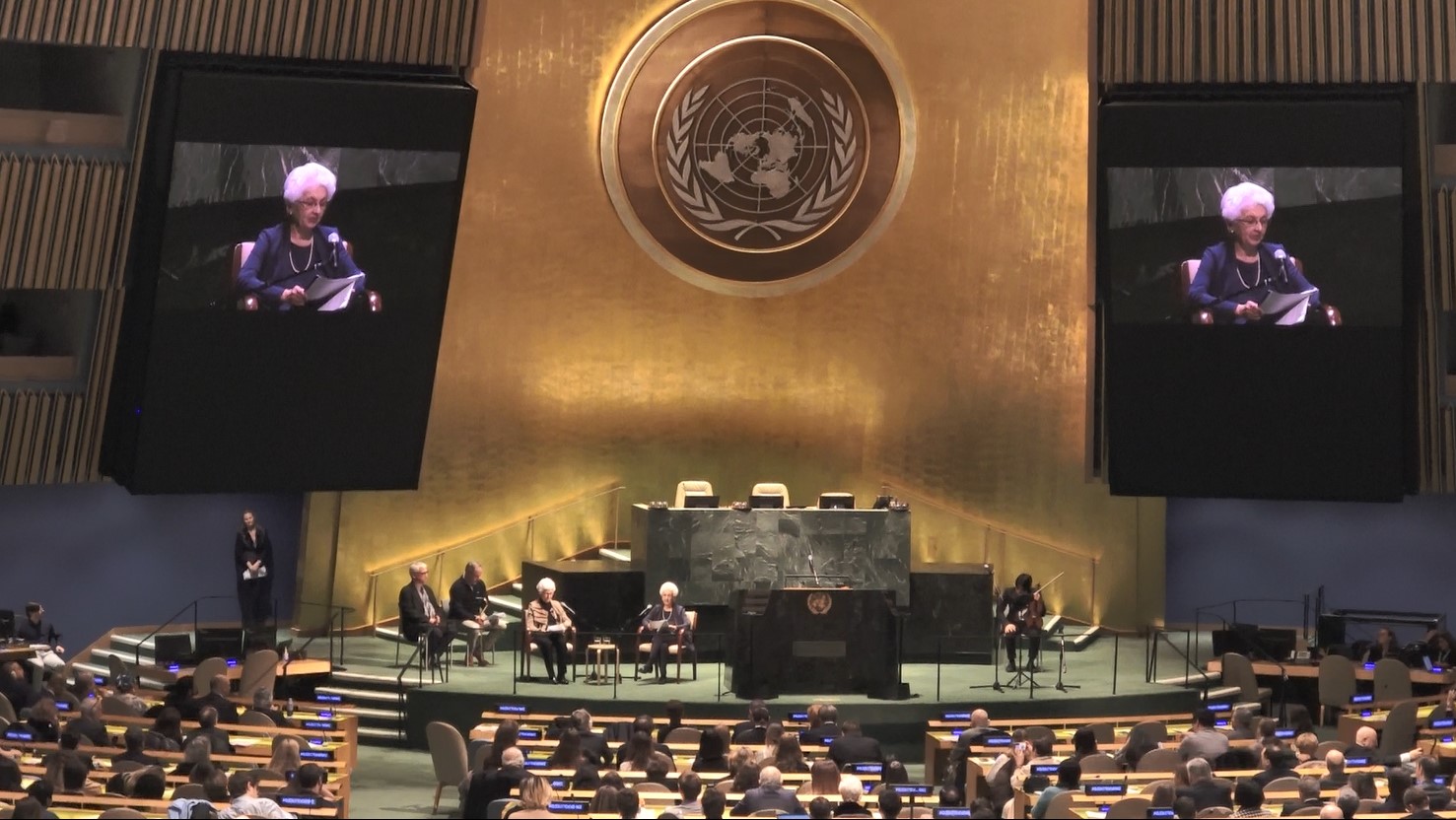
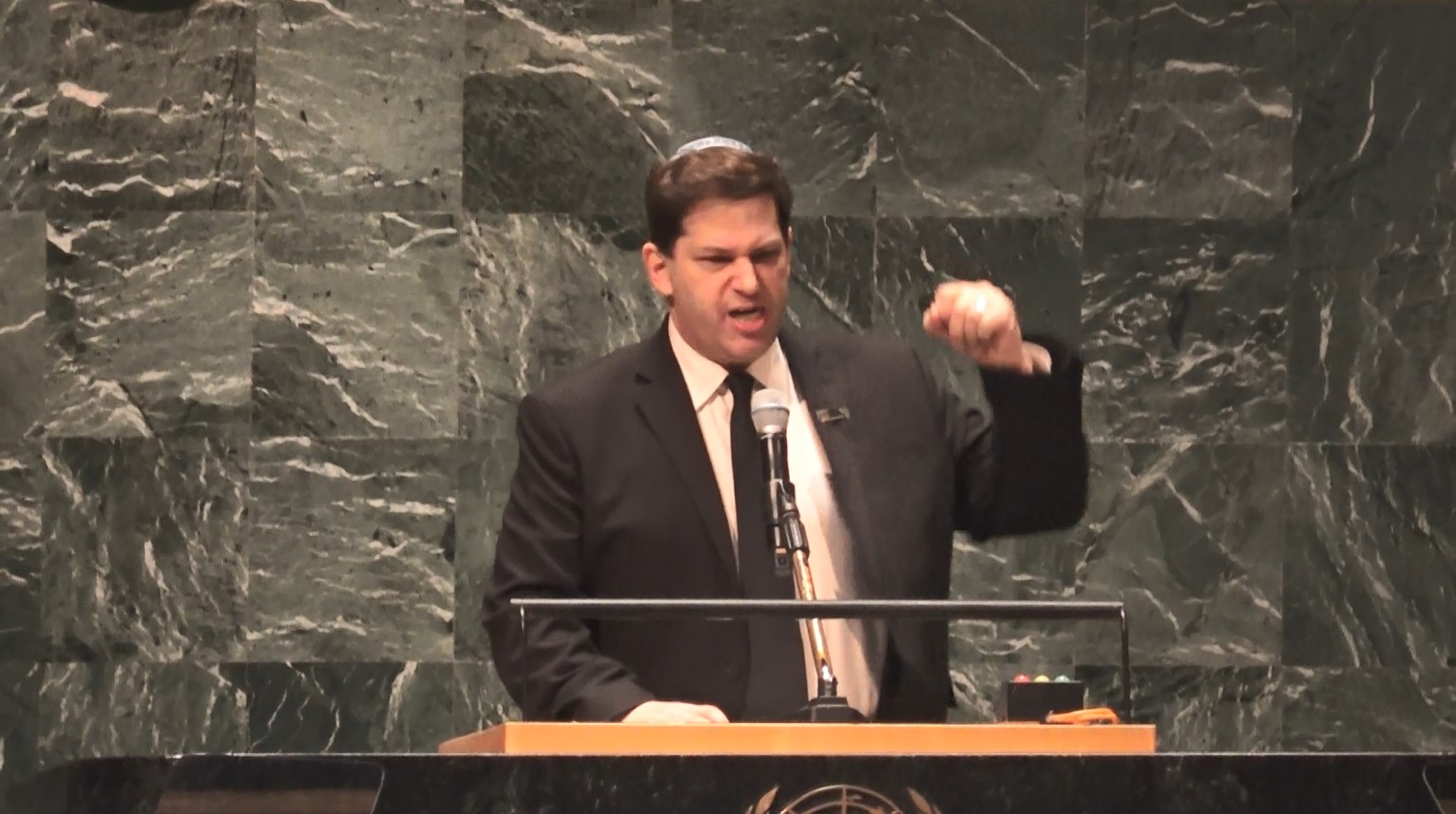
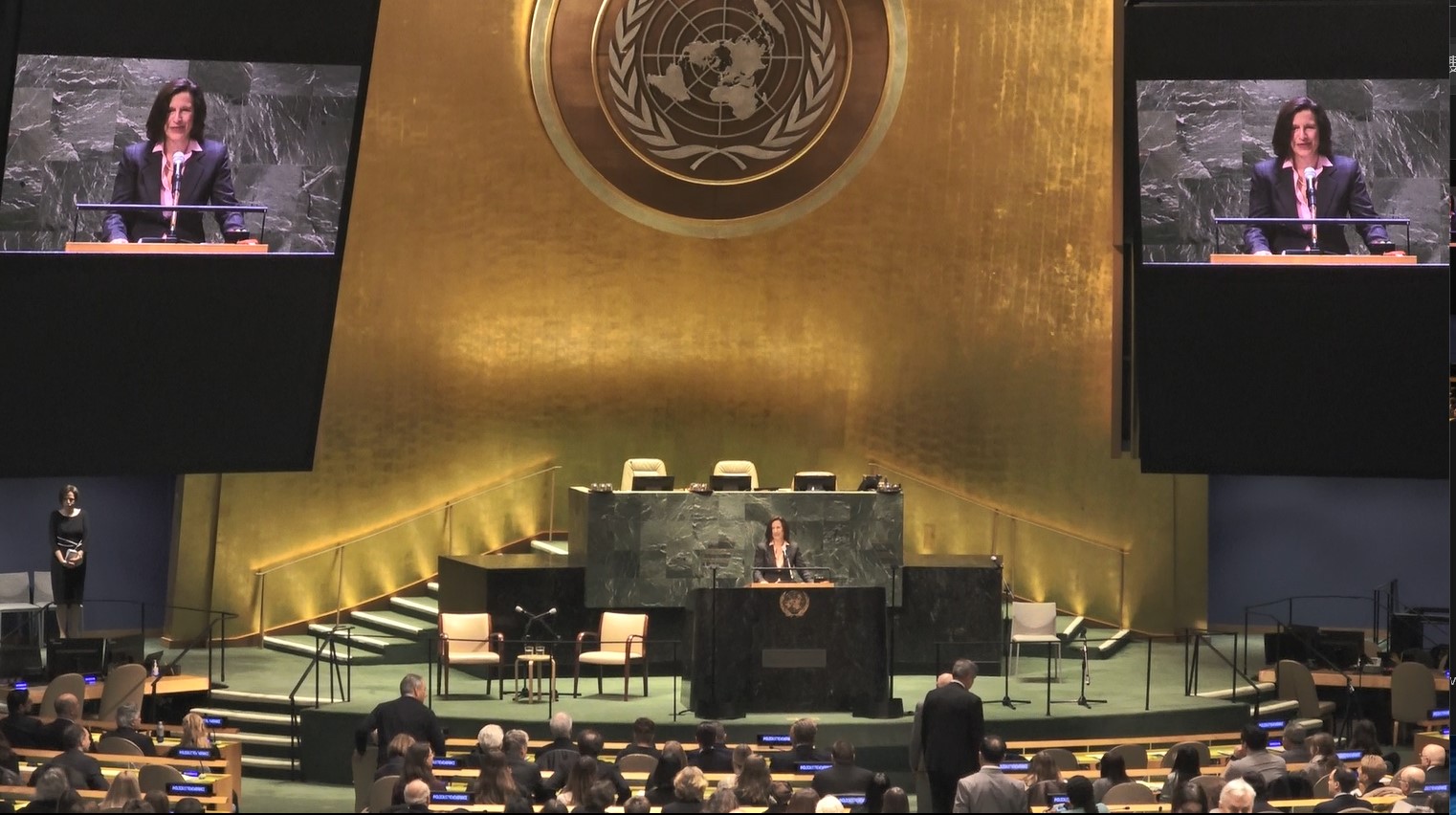
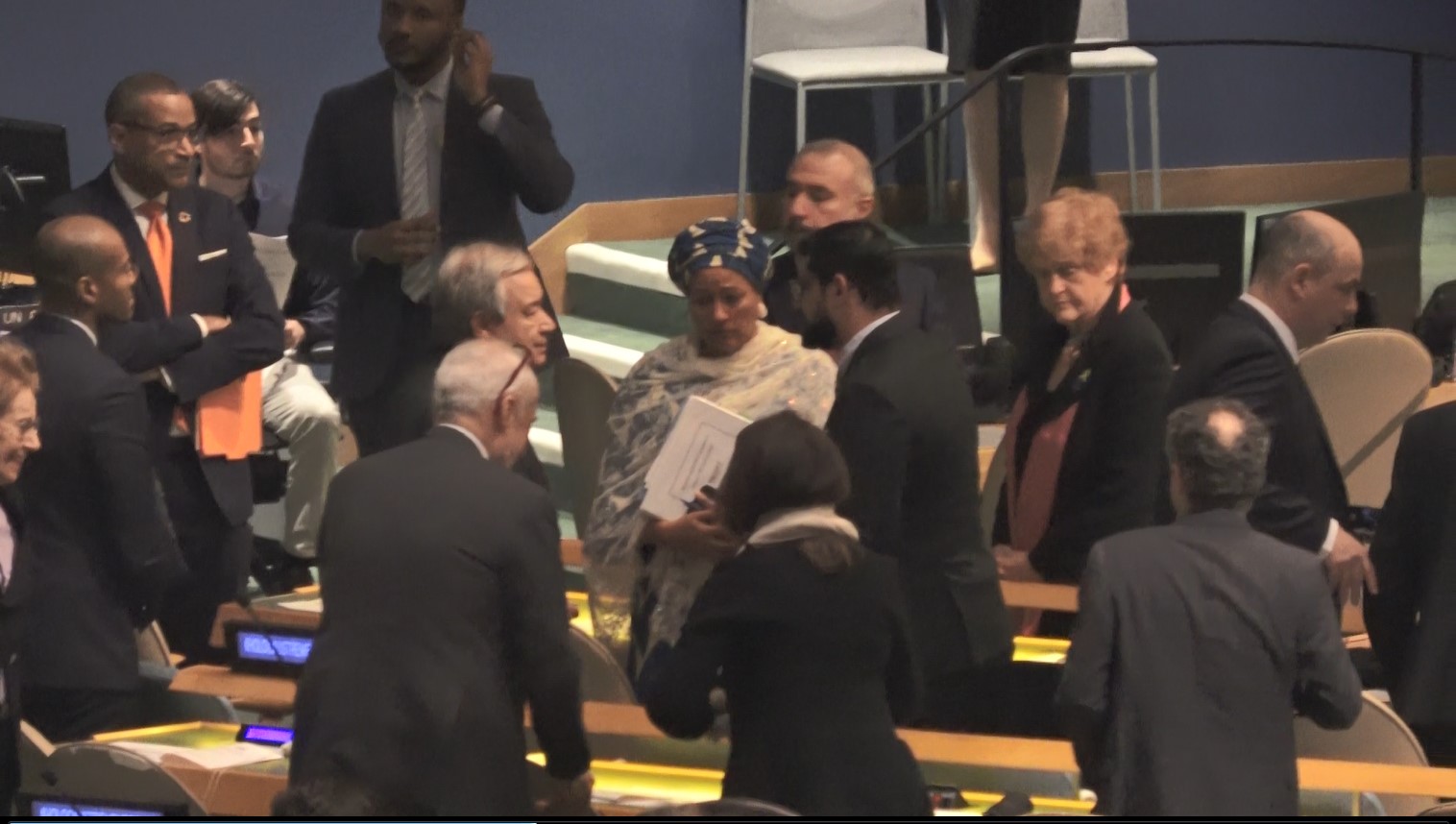
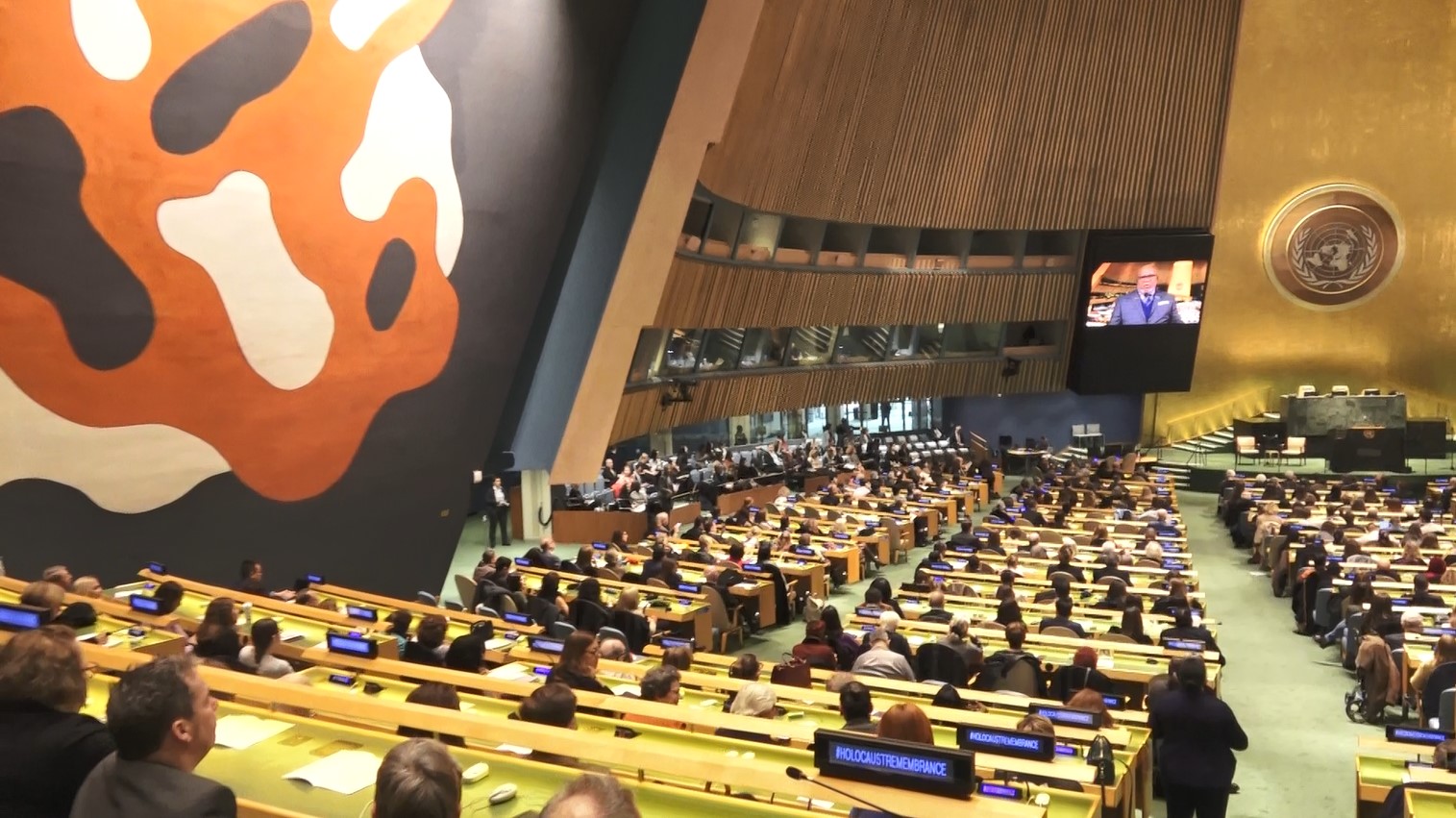
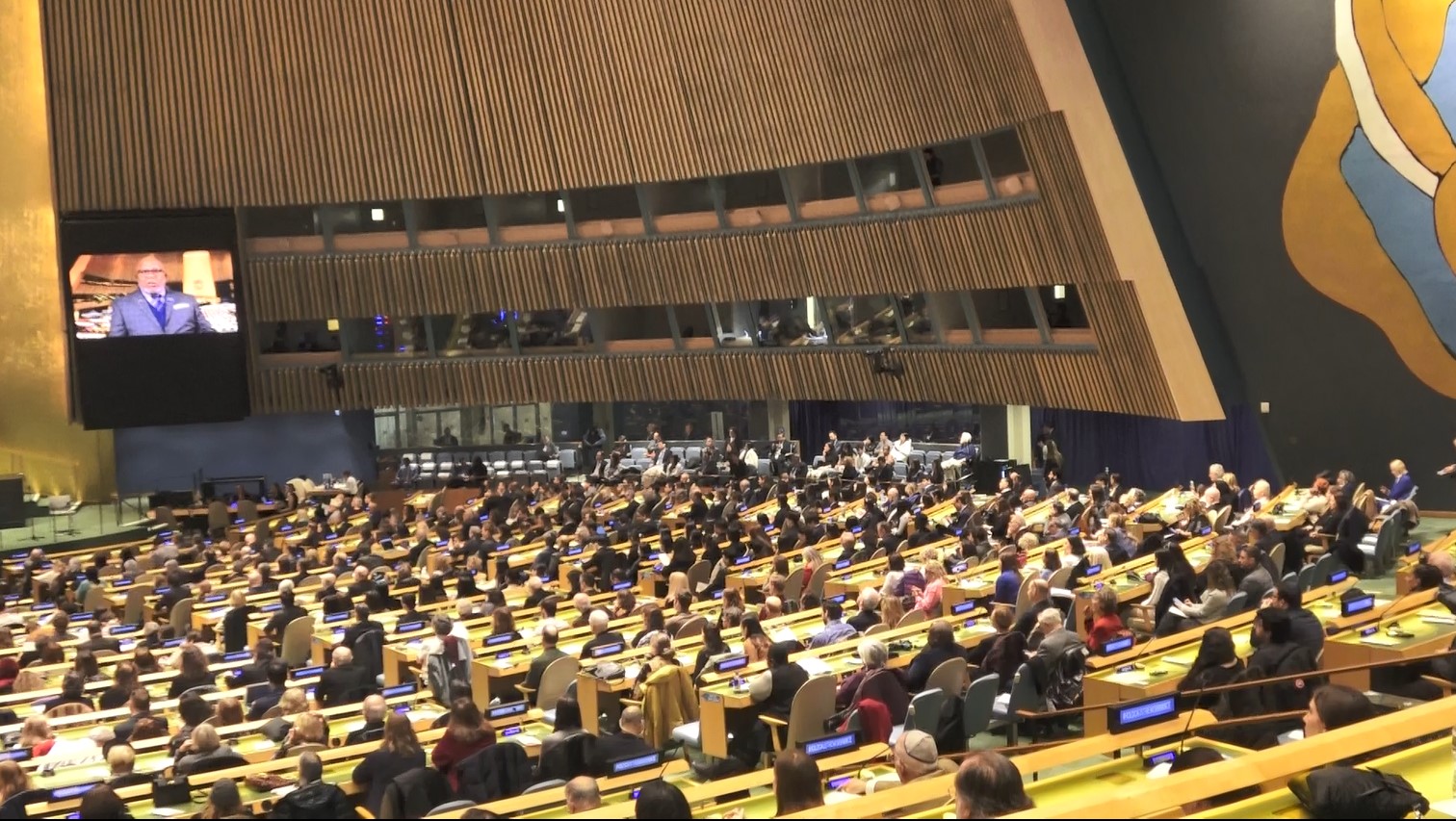
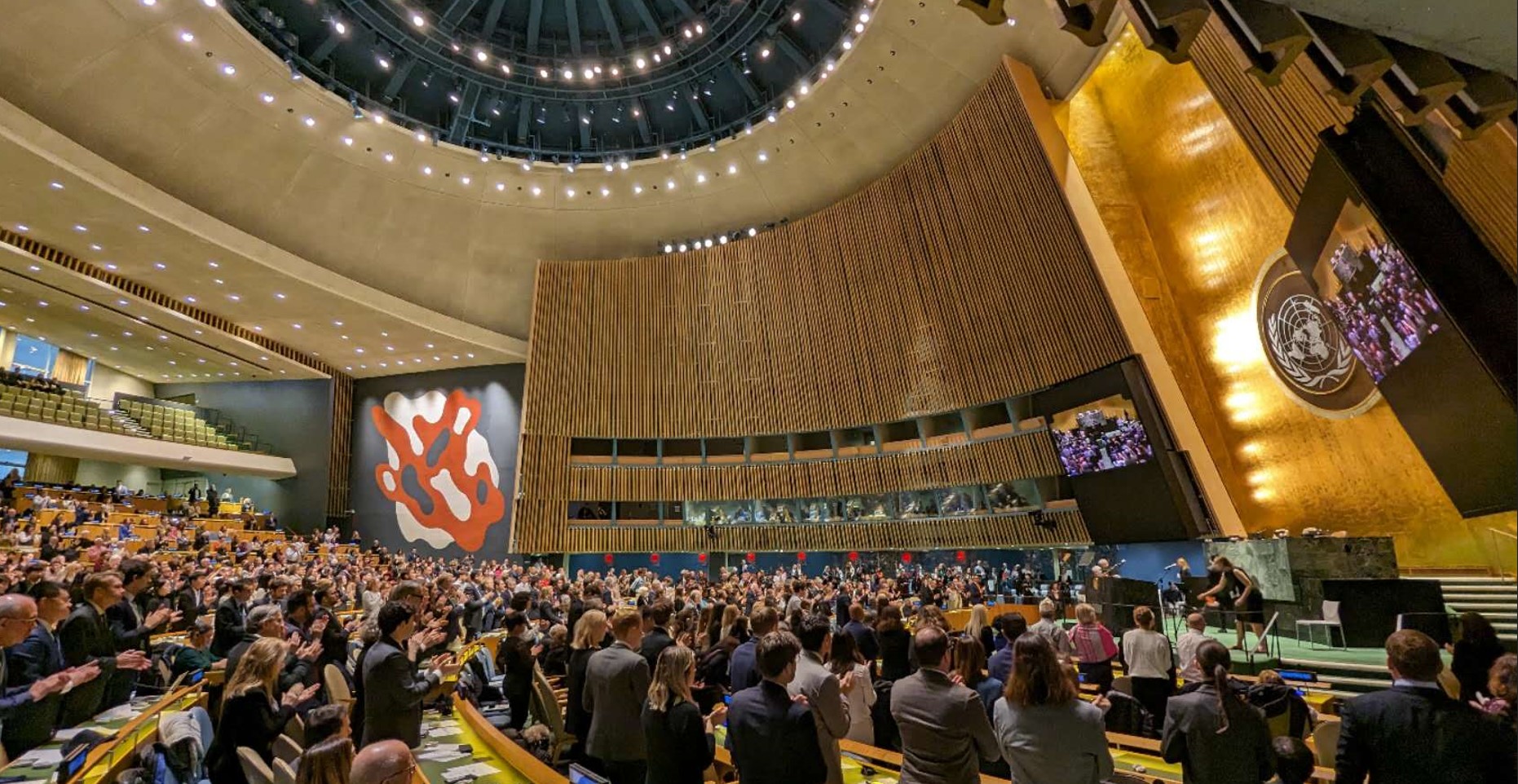
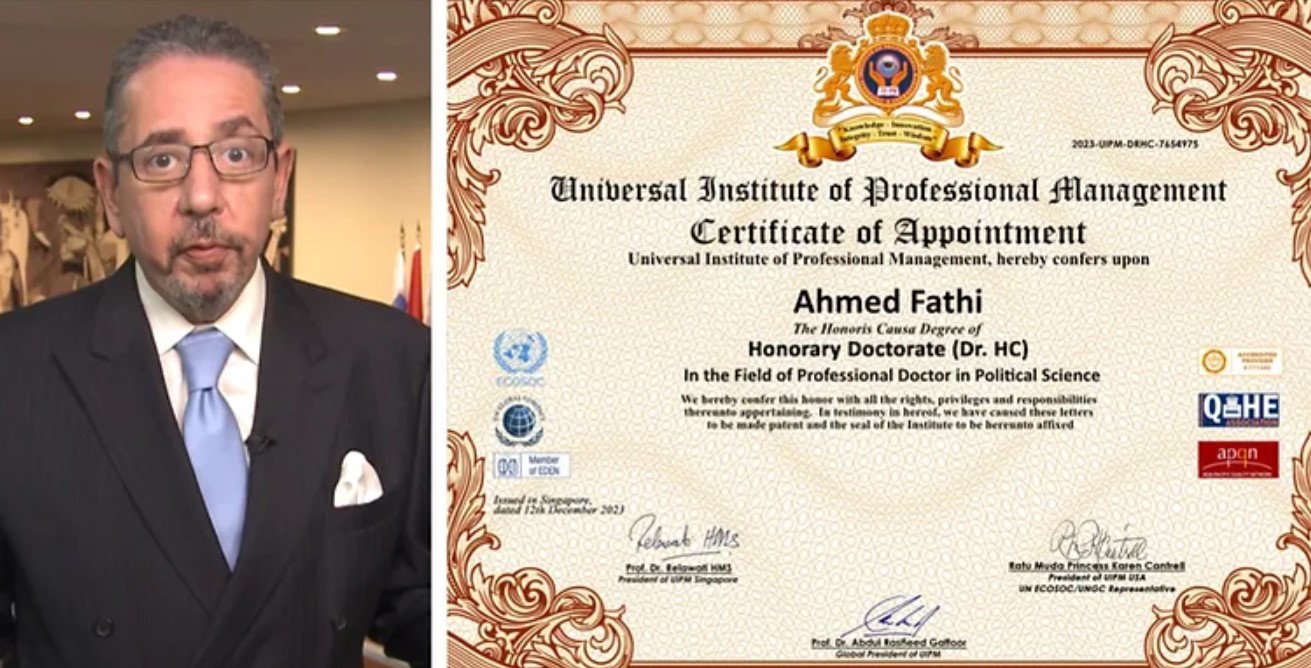
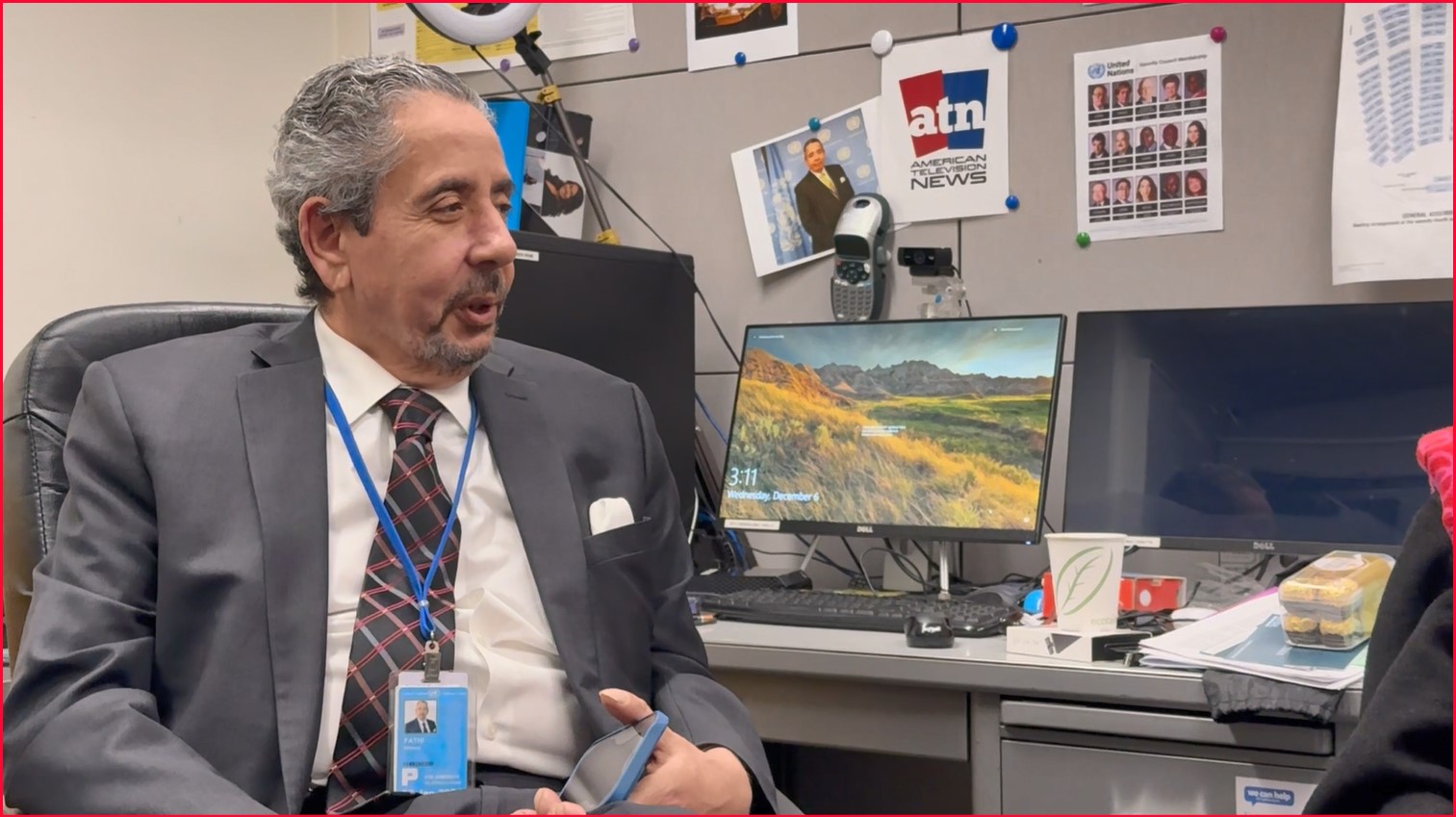
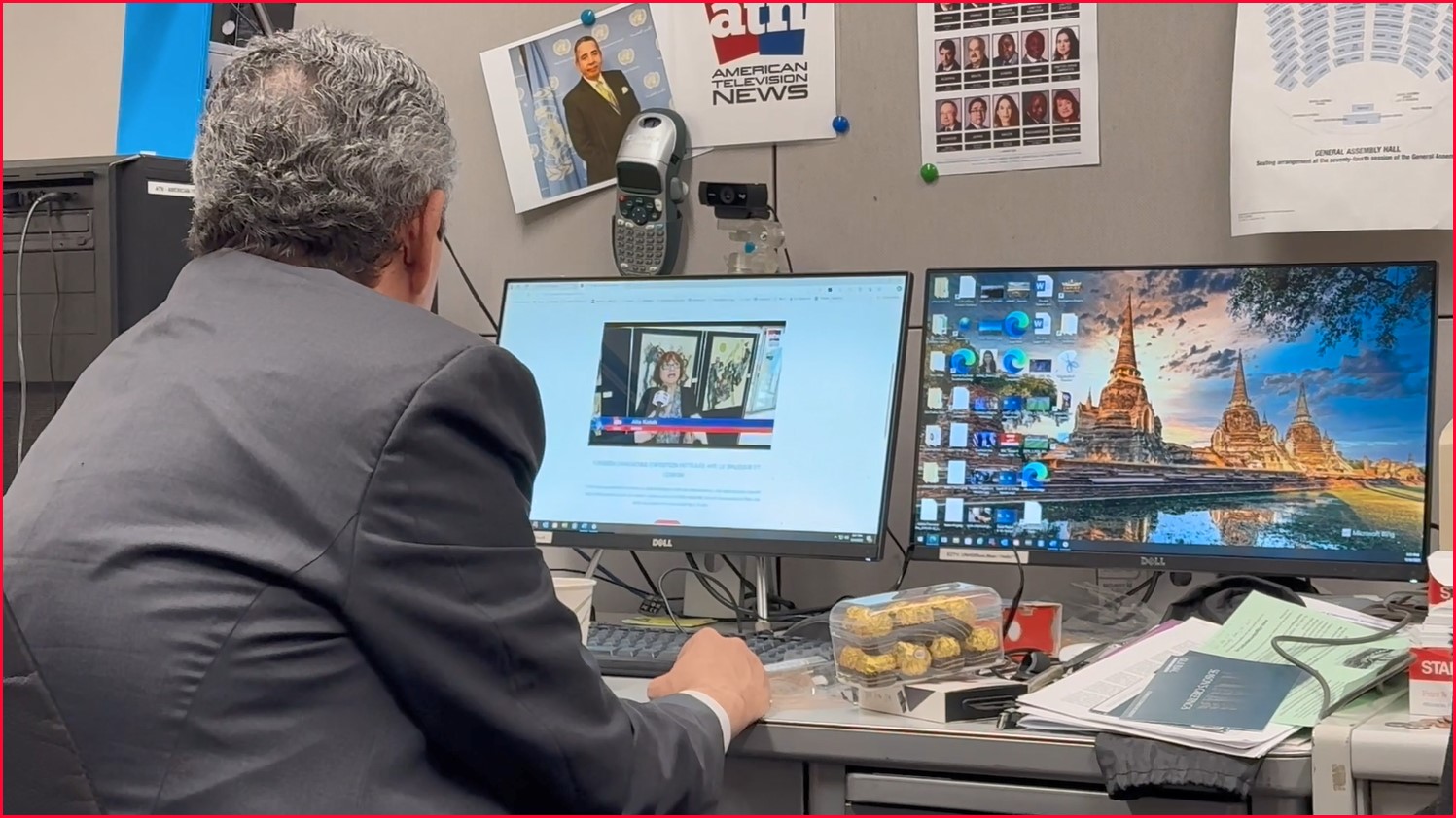
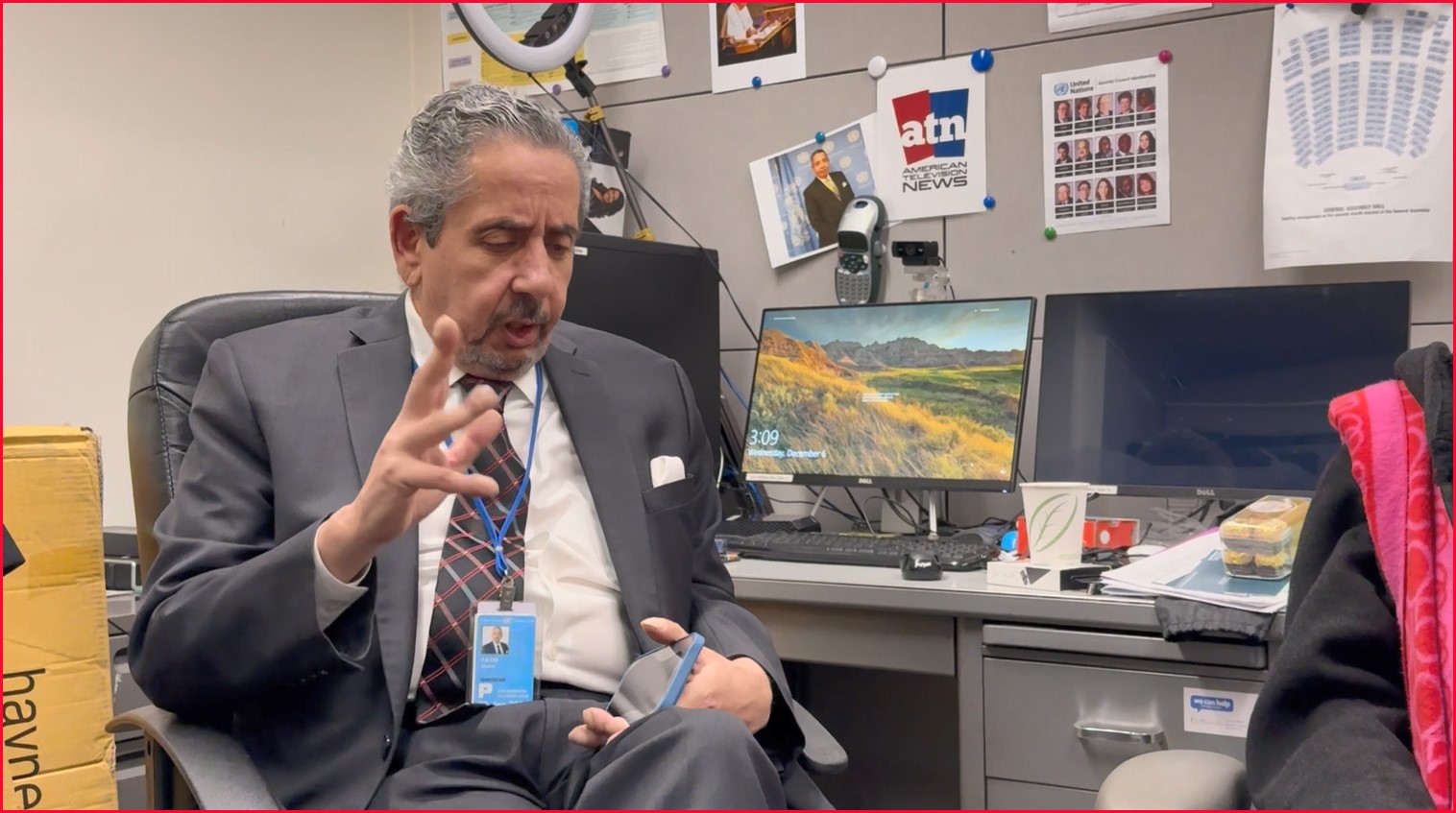
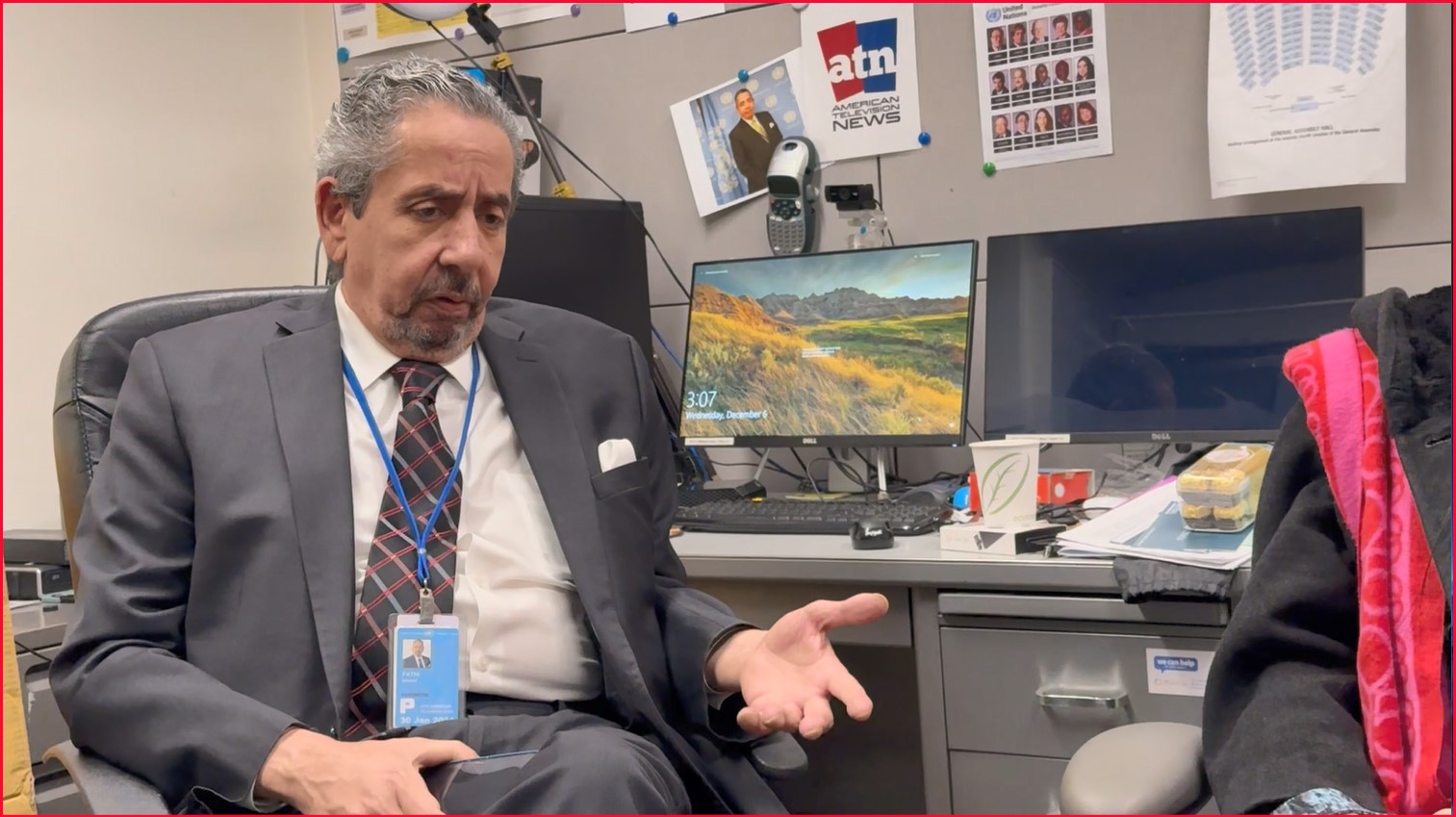
 UN Photo/Manuel Elías A photograph of a Security Council meeting on 3 January on the situation in the Middle East region.
UN Photo/Manuel Elías A photograph of a Security Council meeting on 3 January on the situation in the Middle East region.


